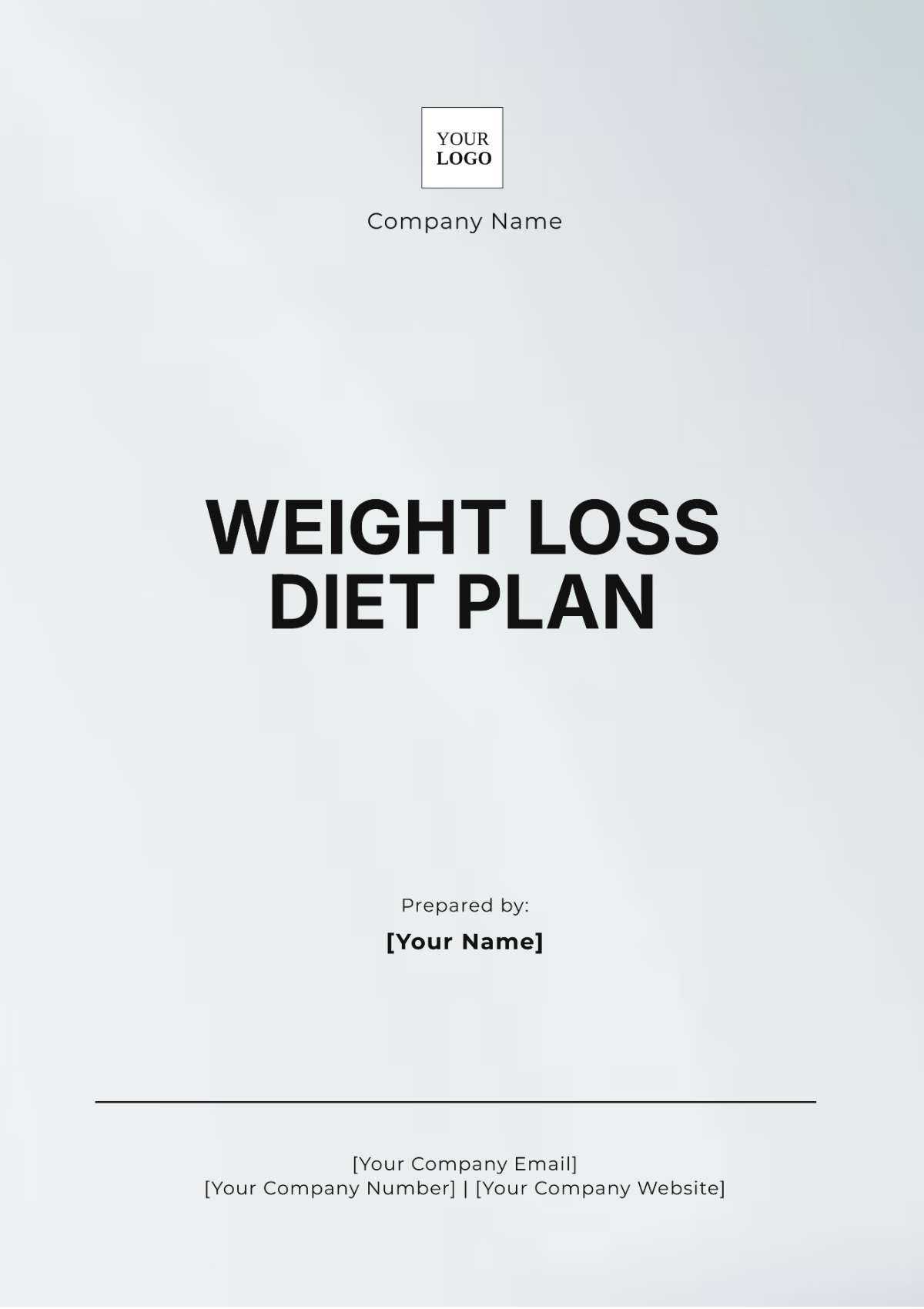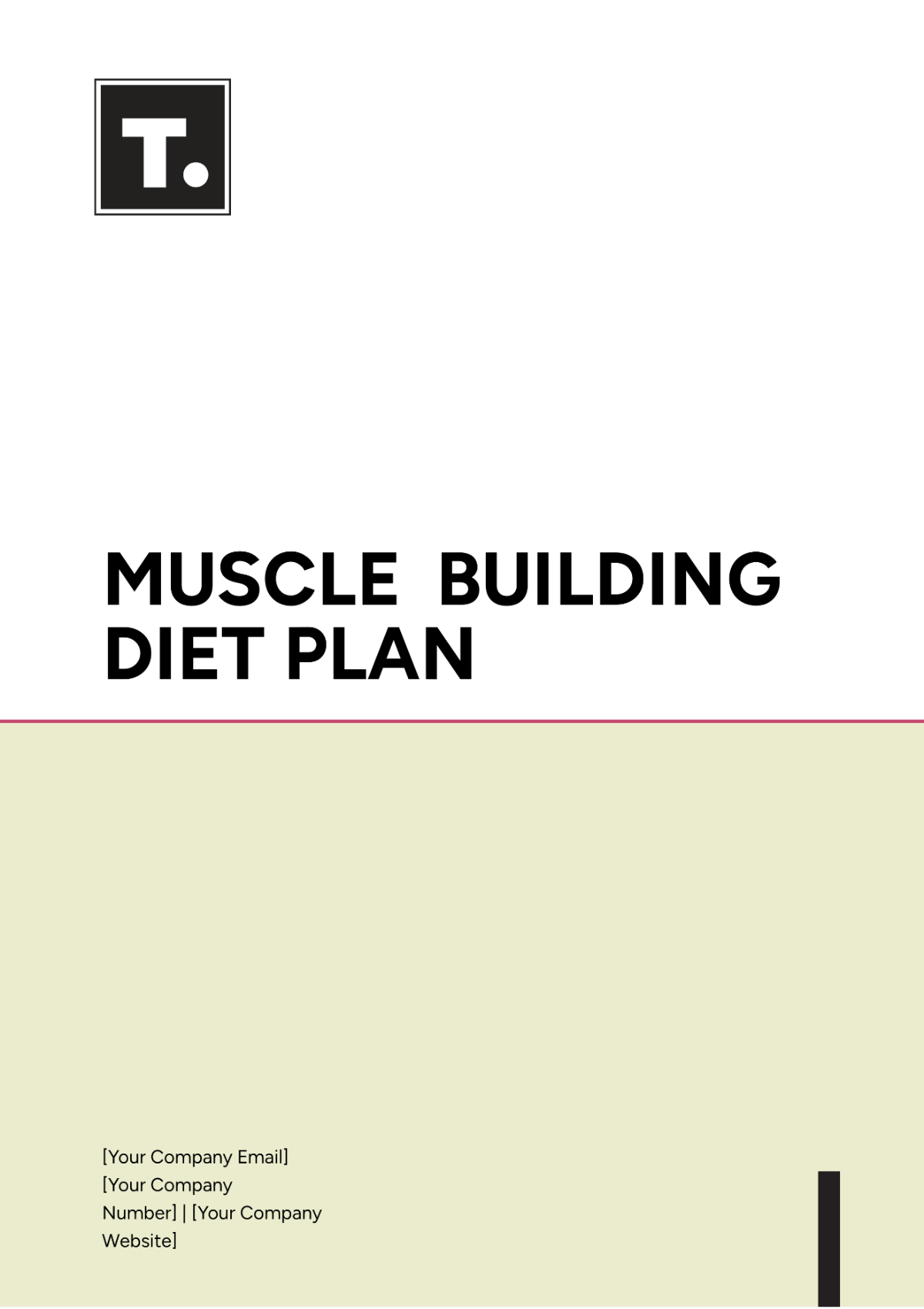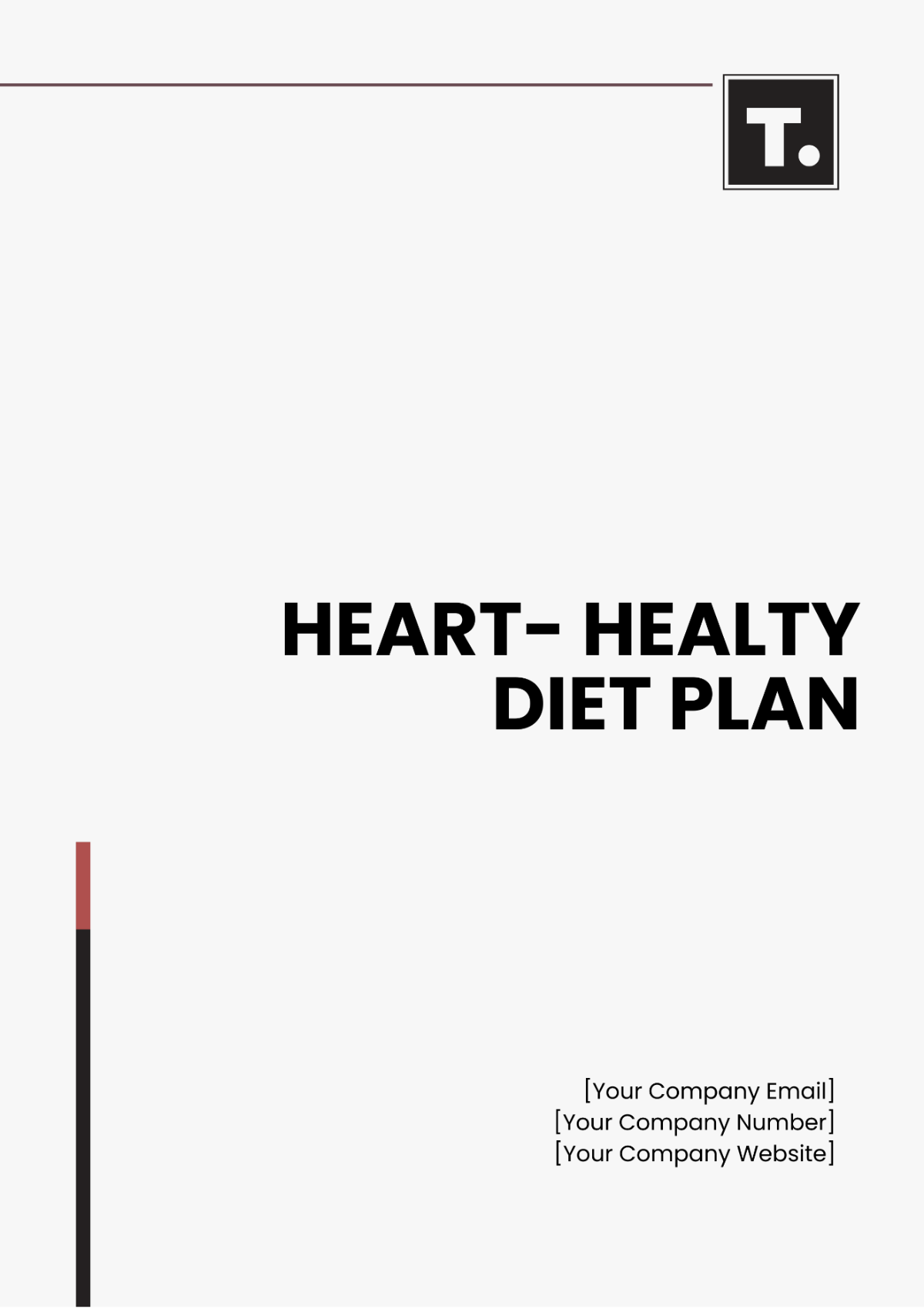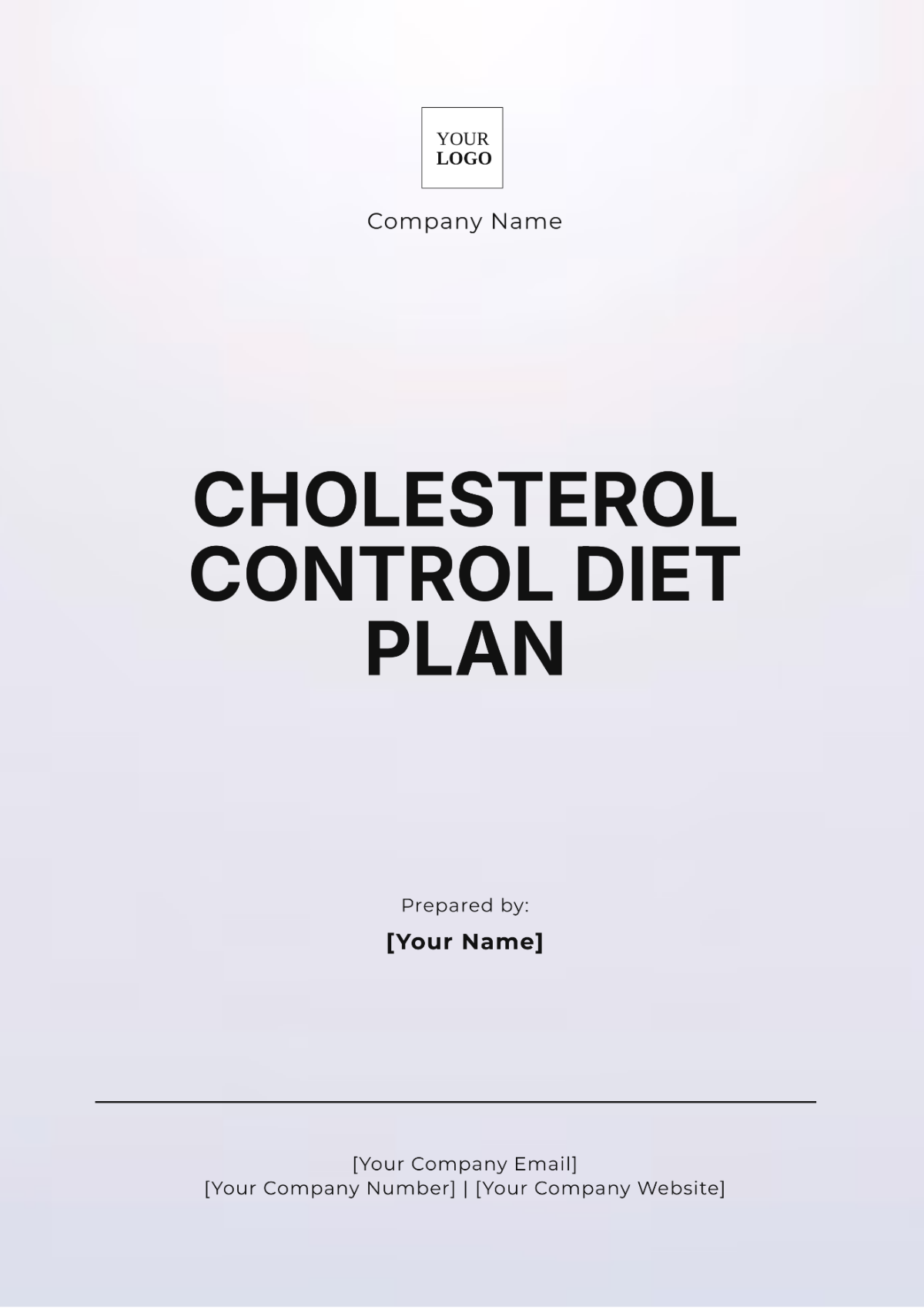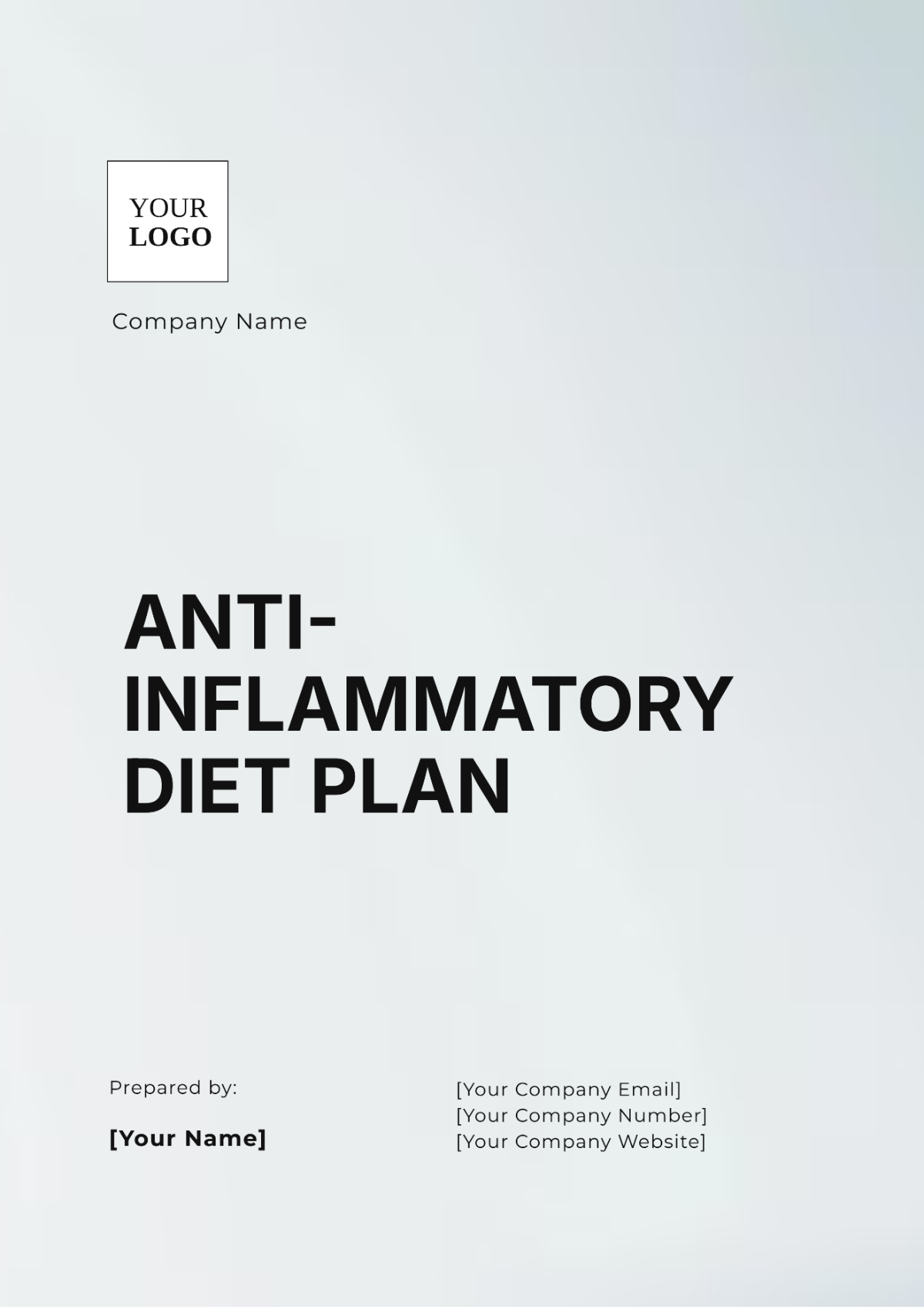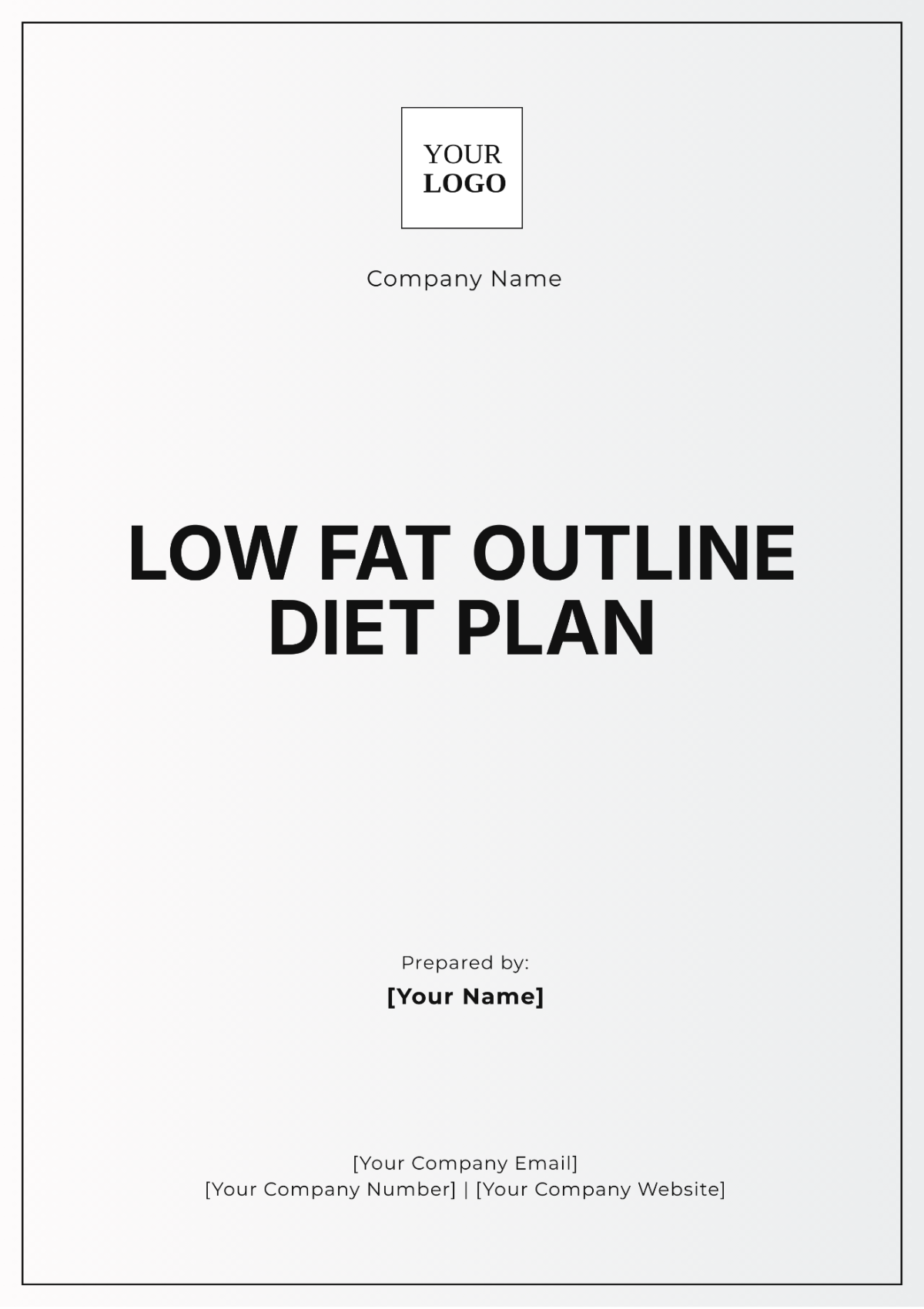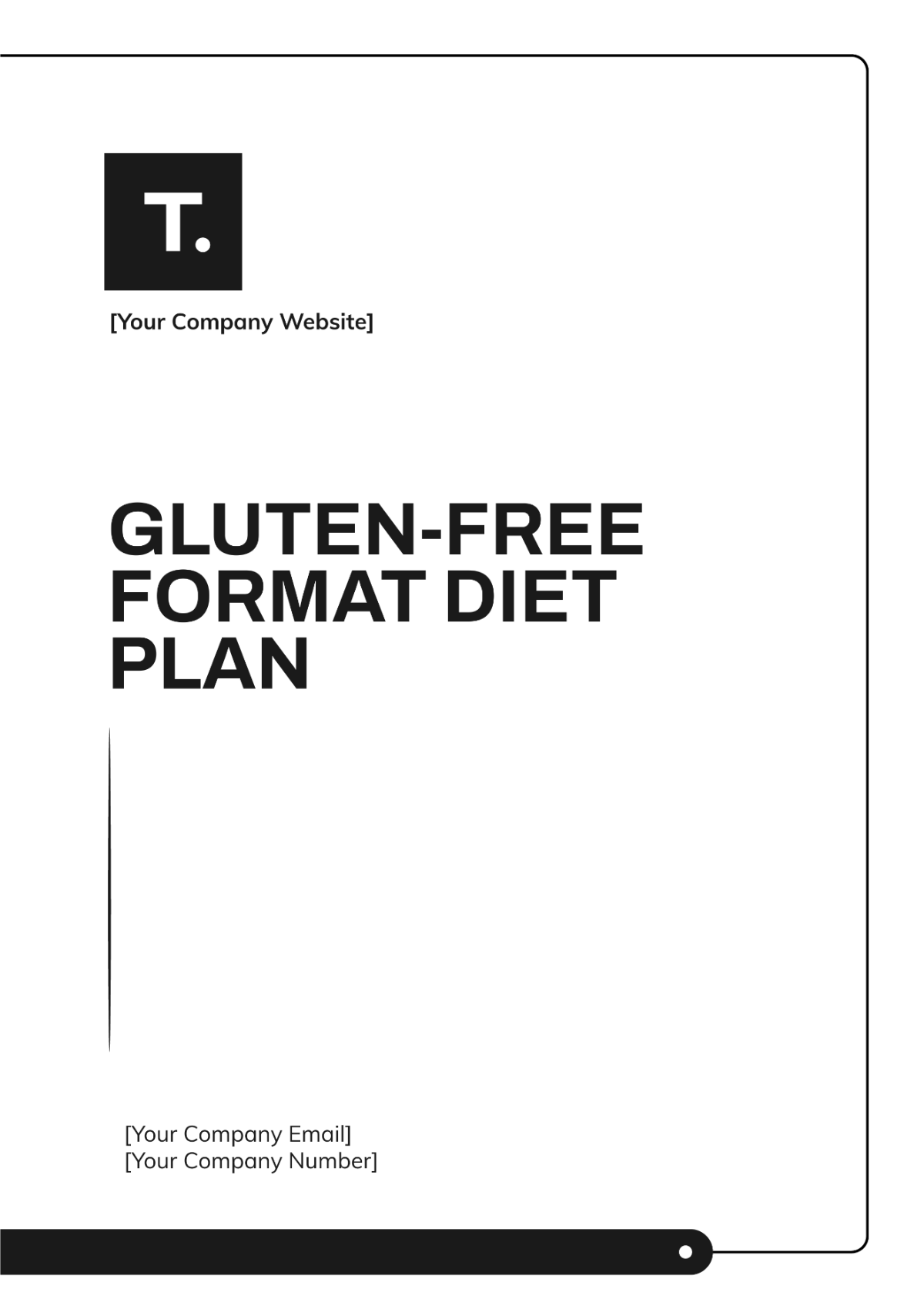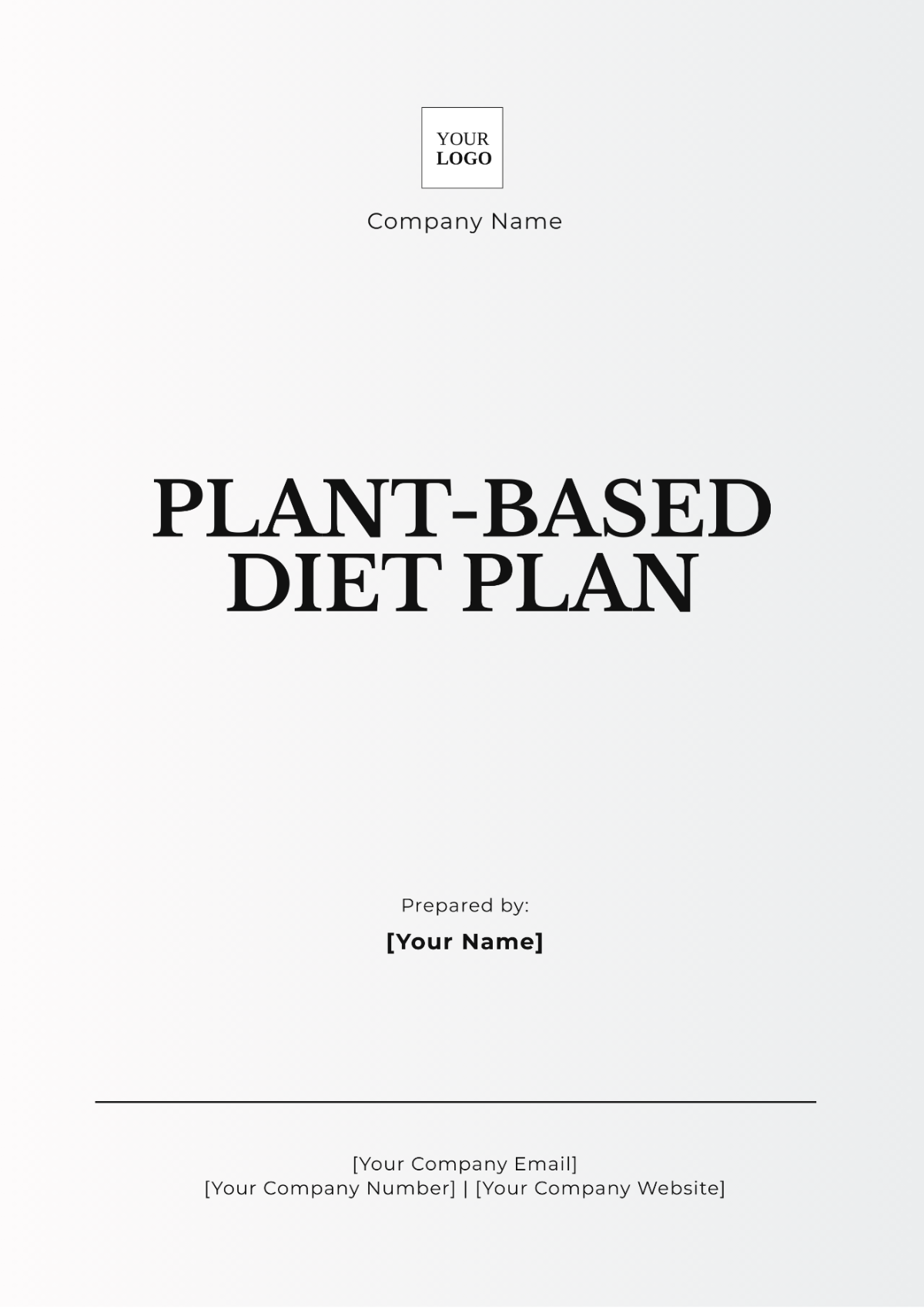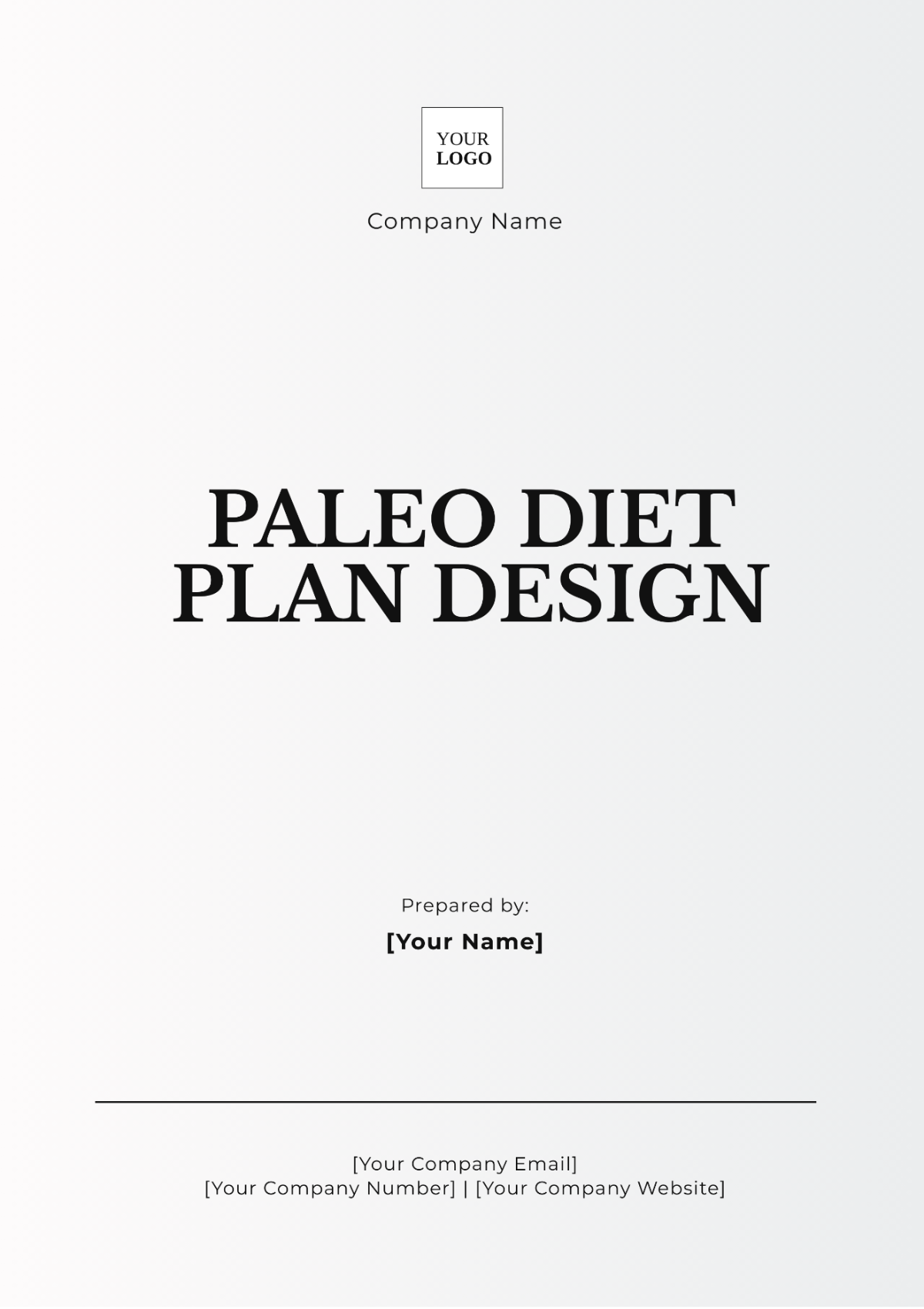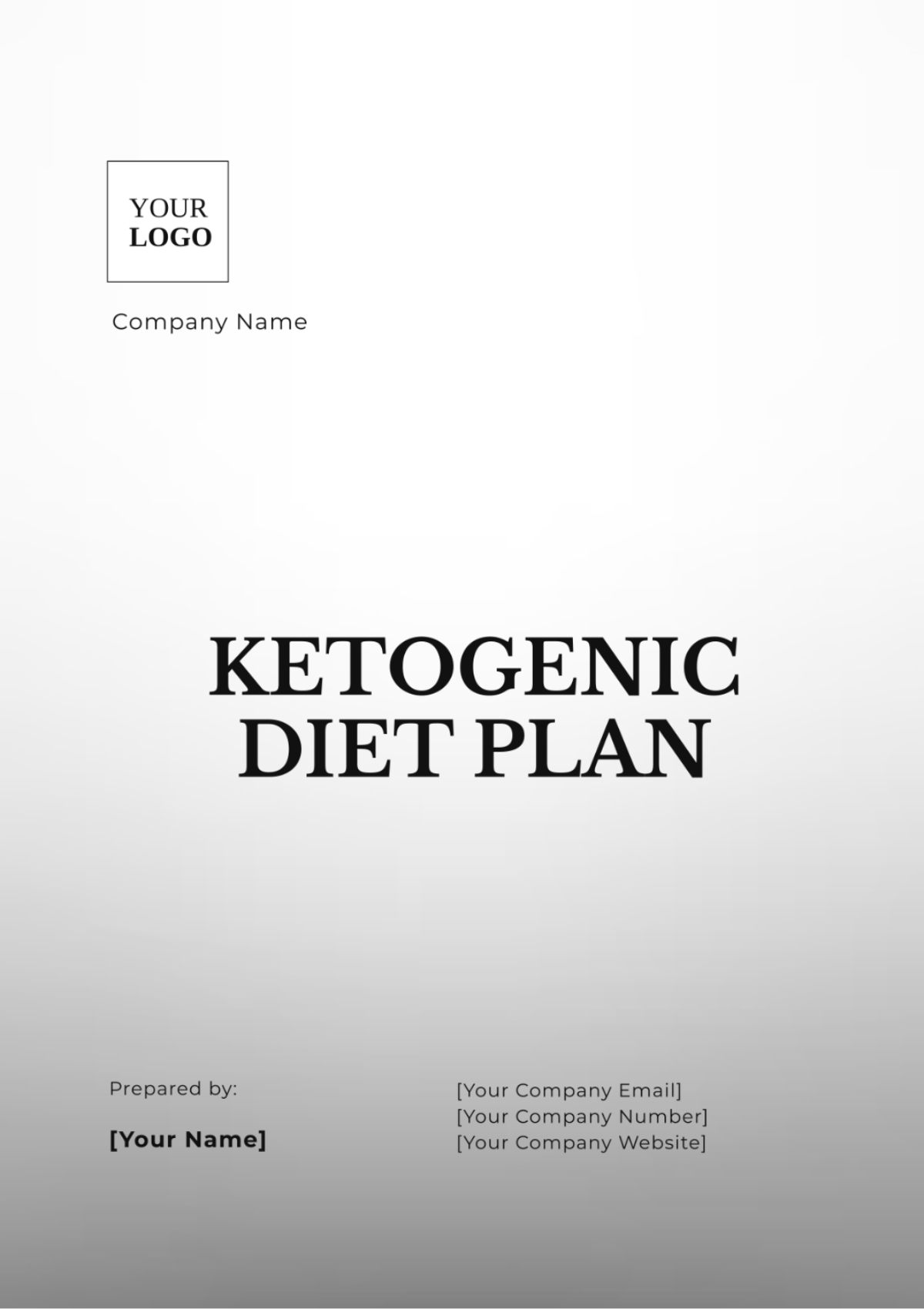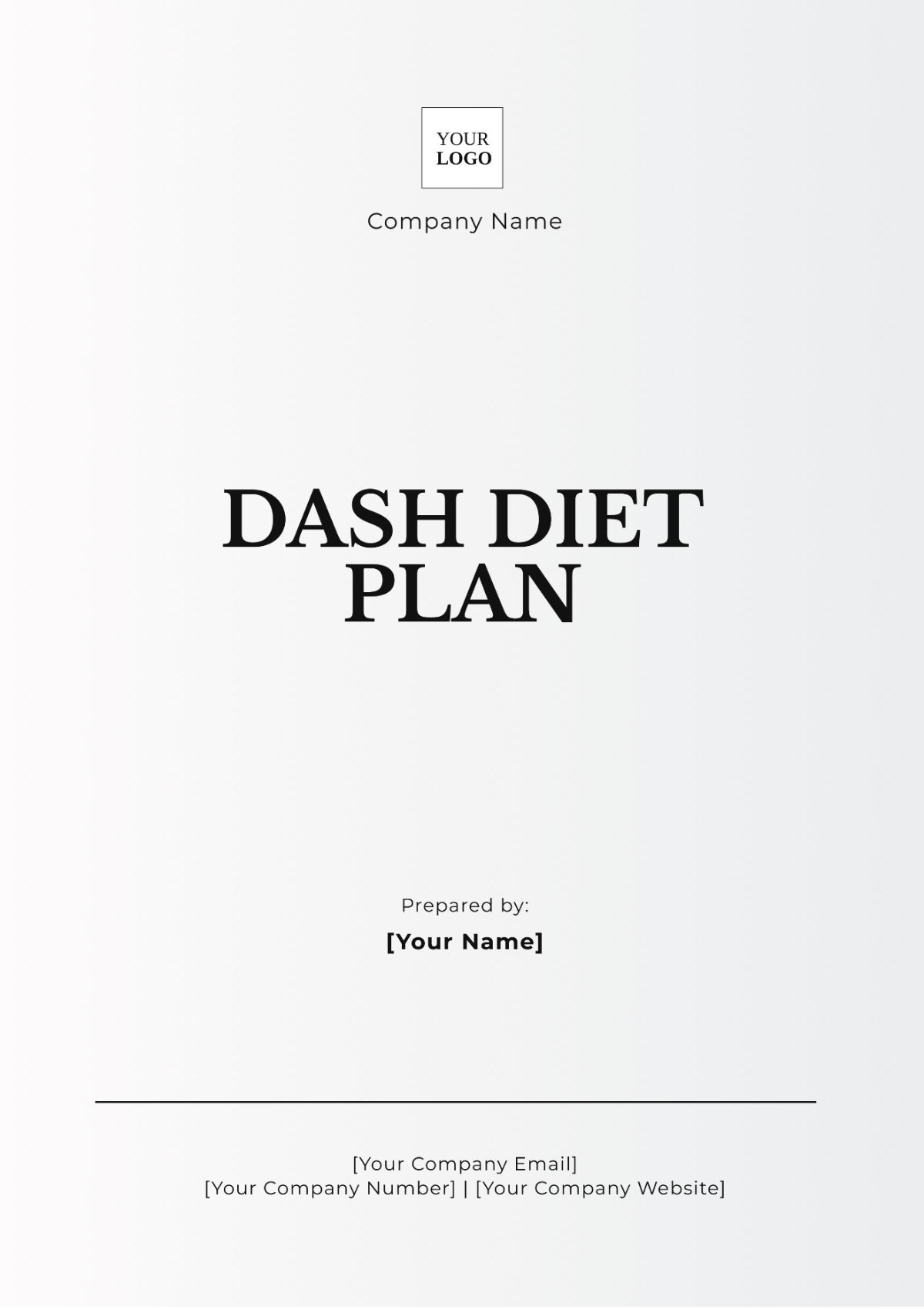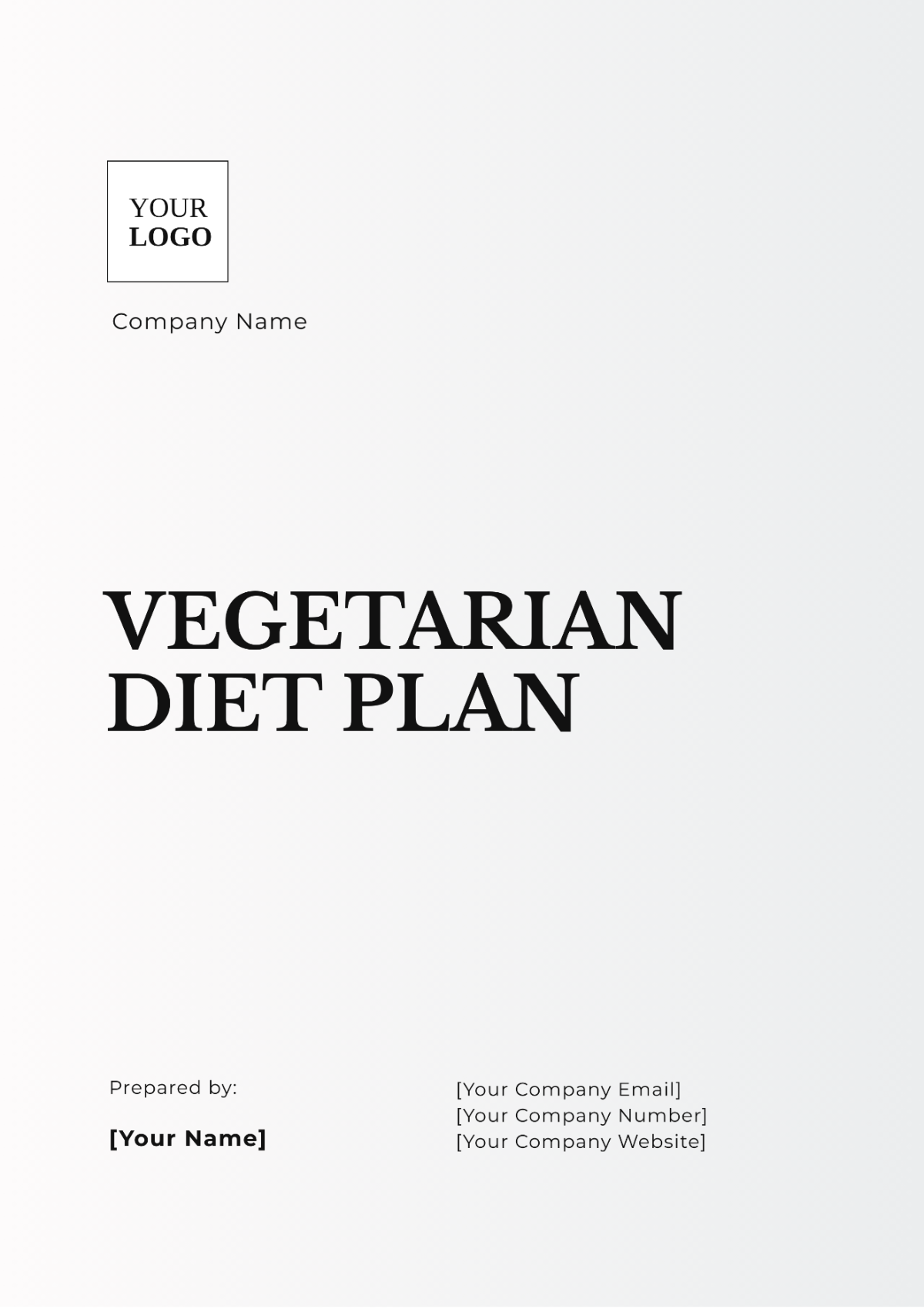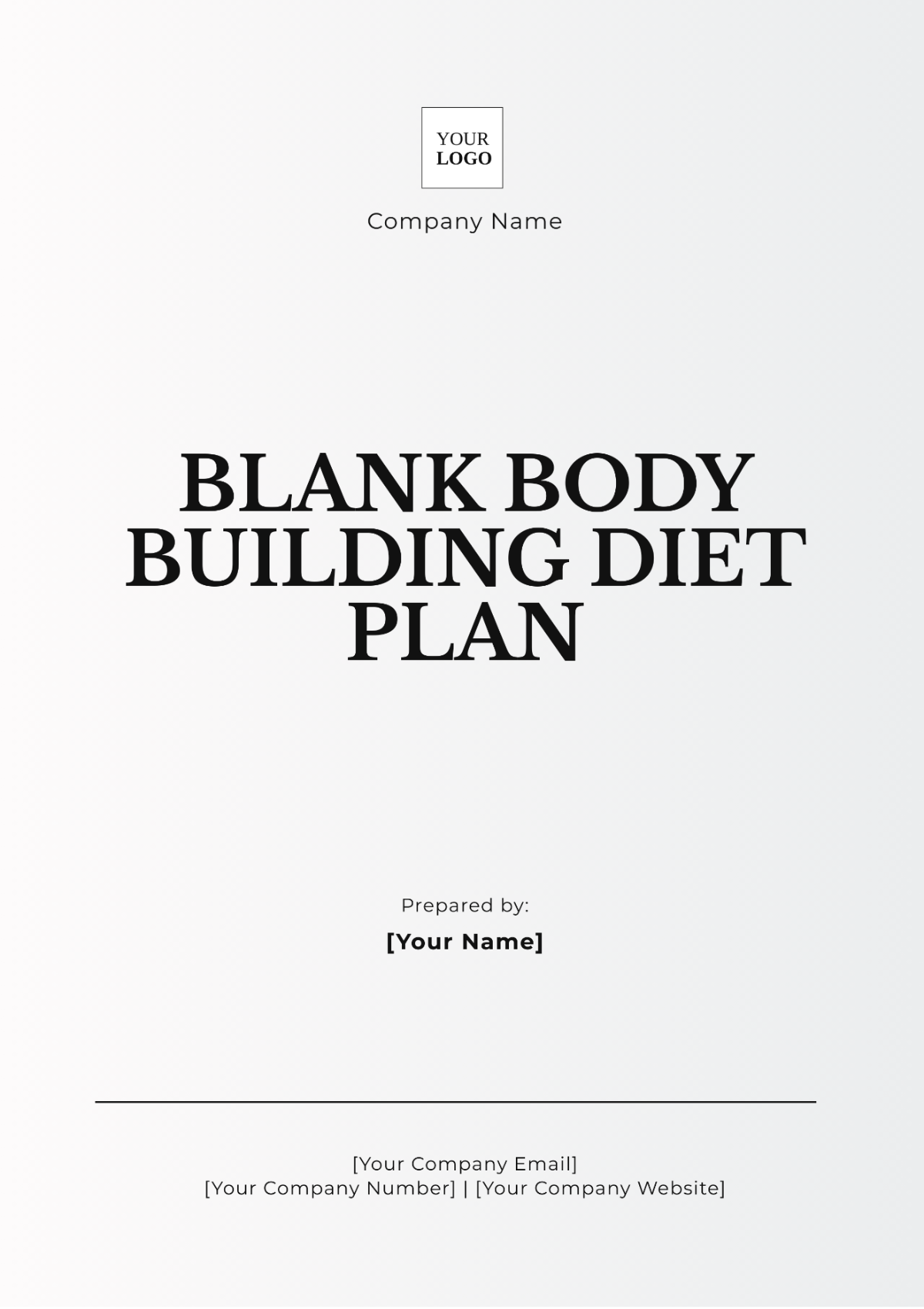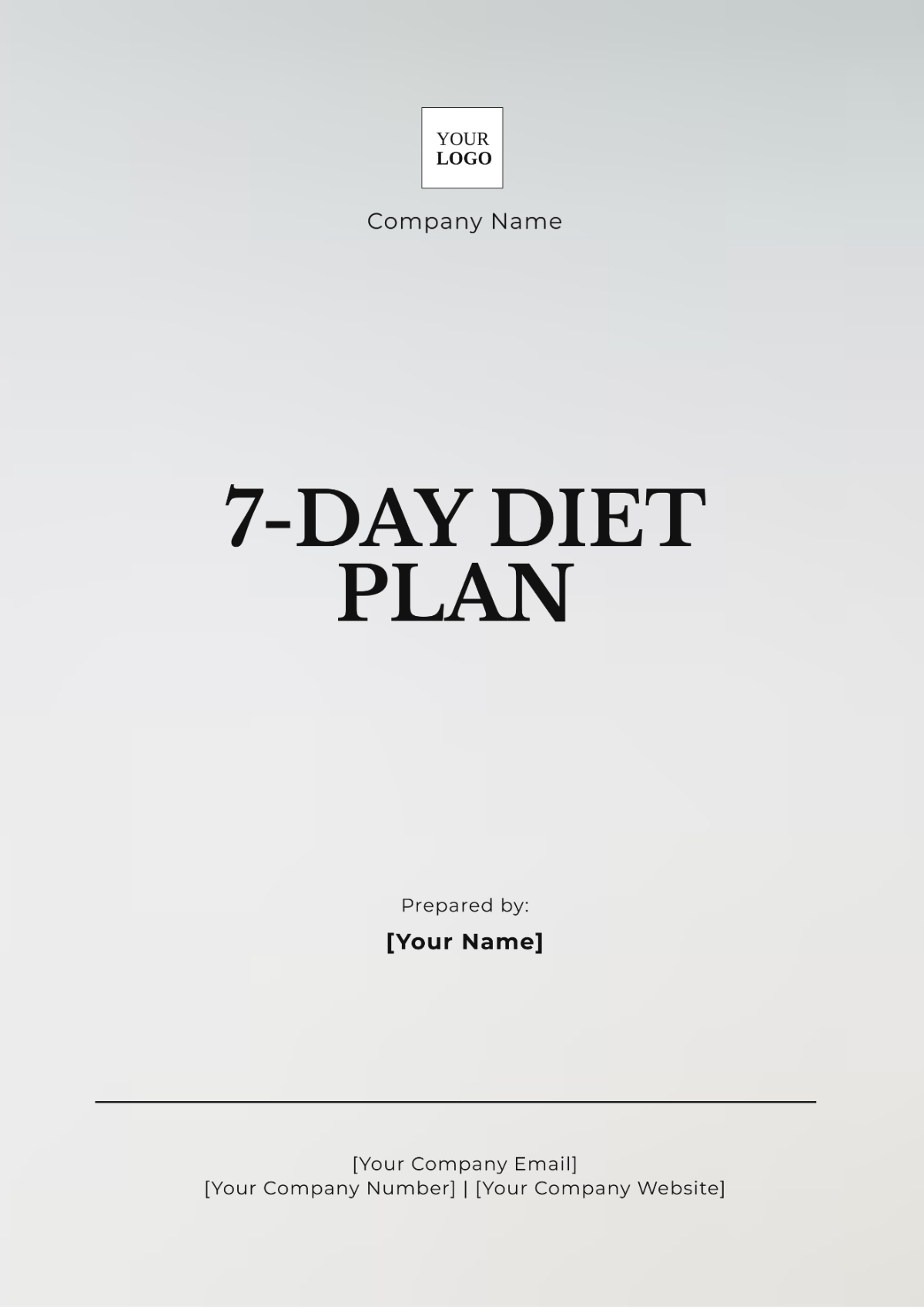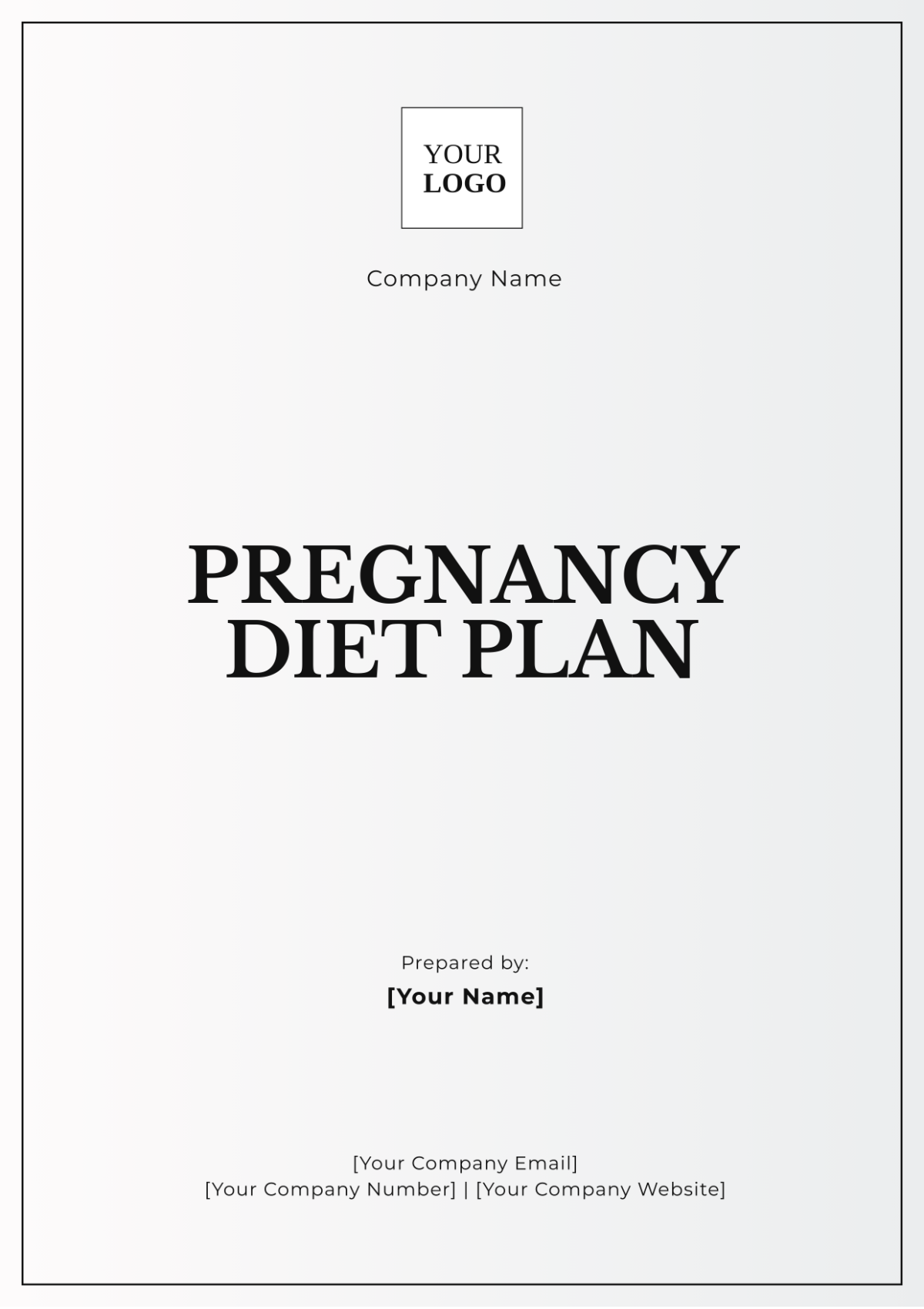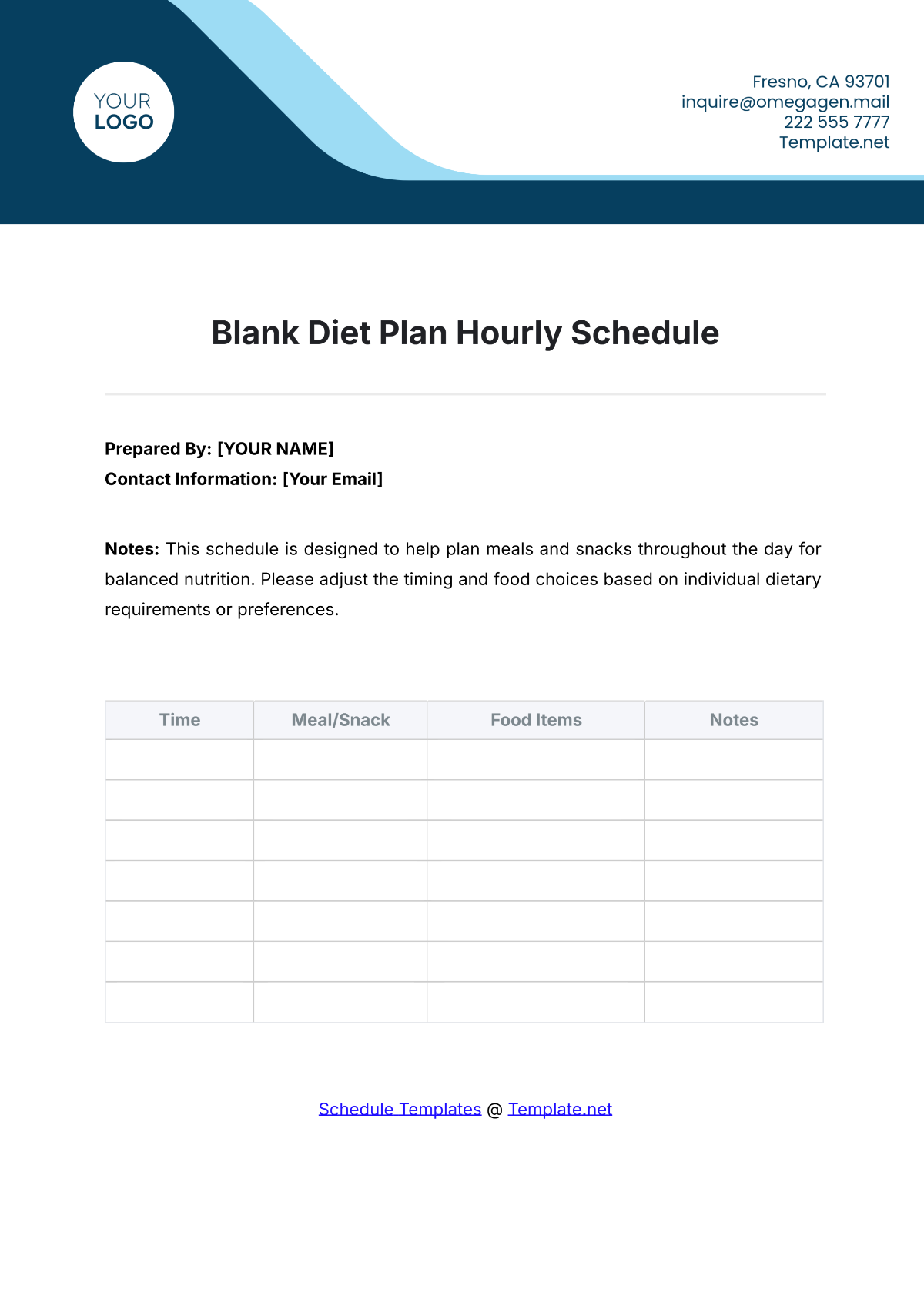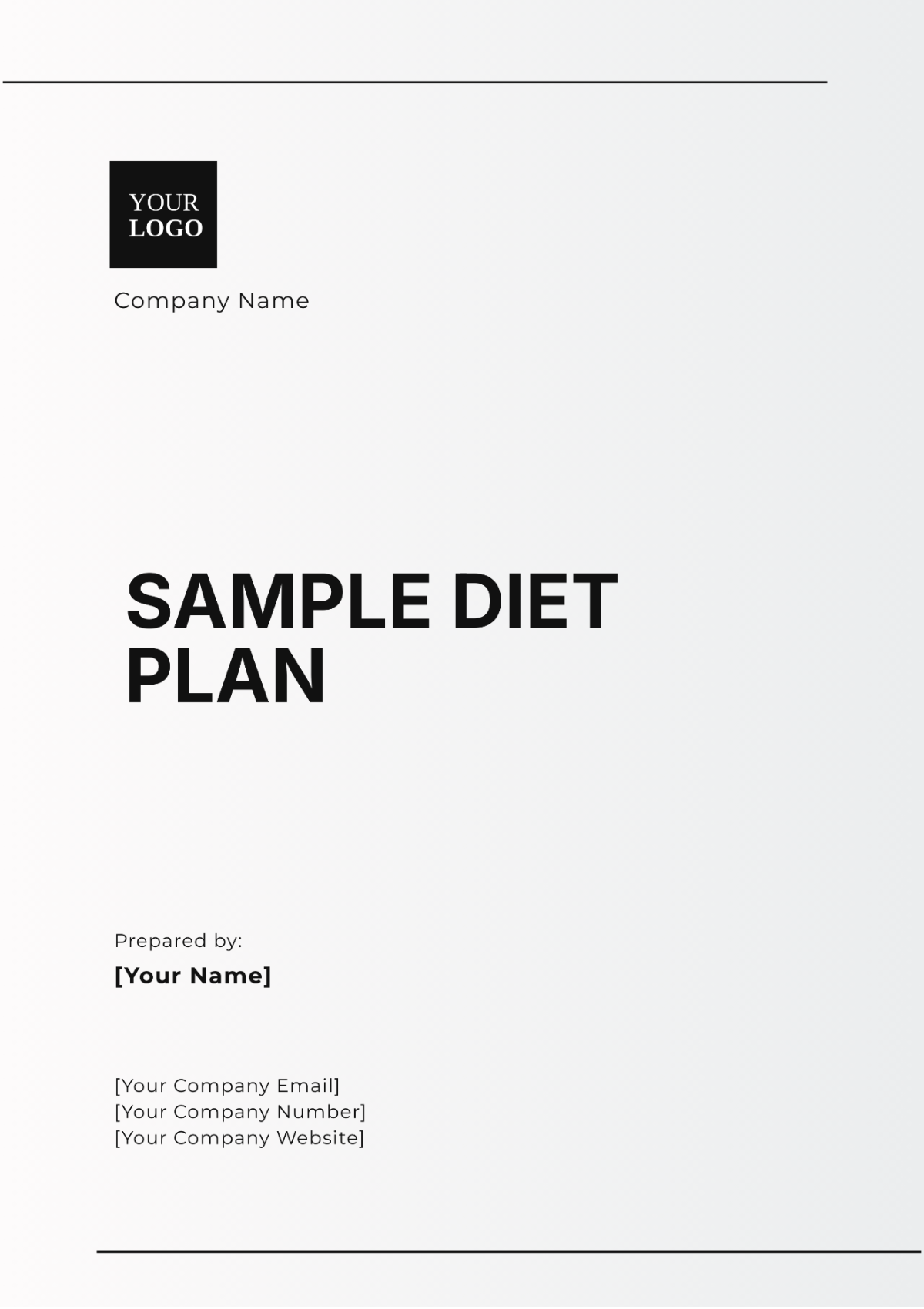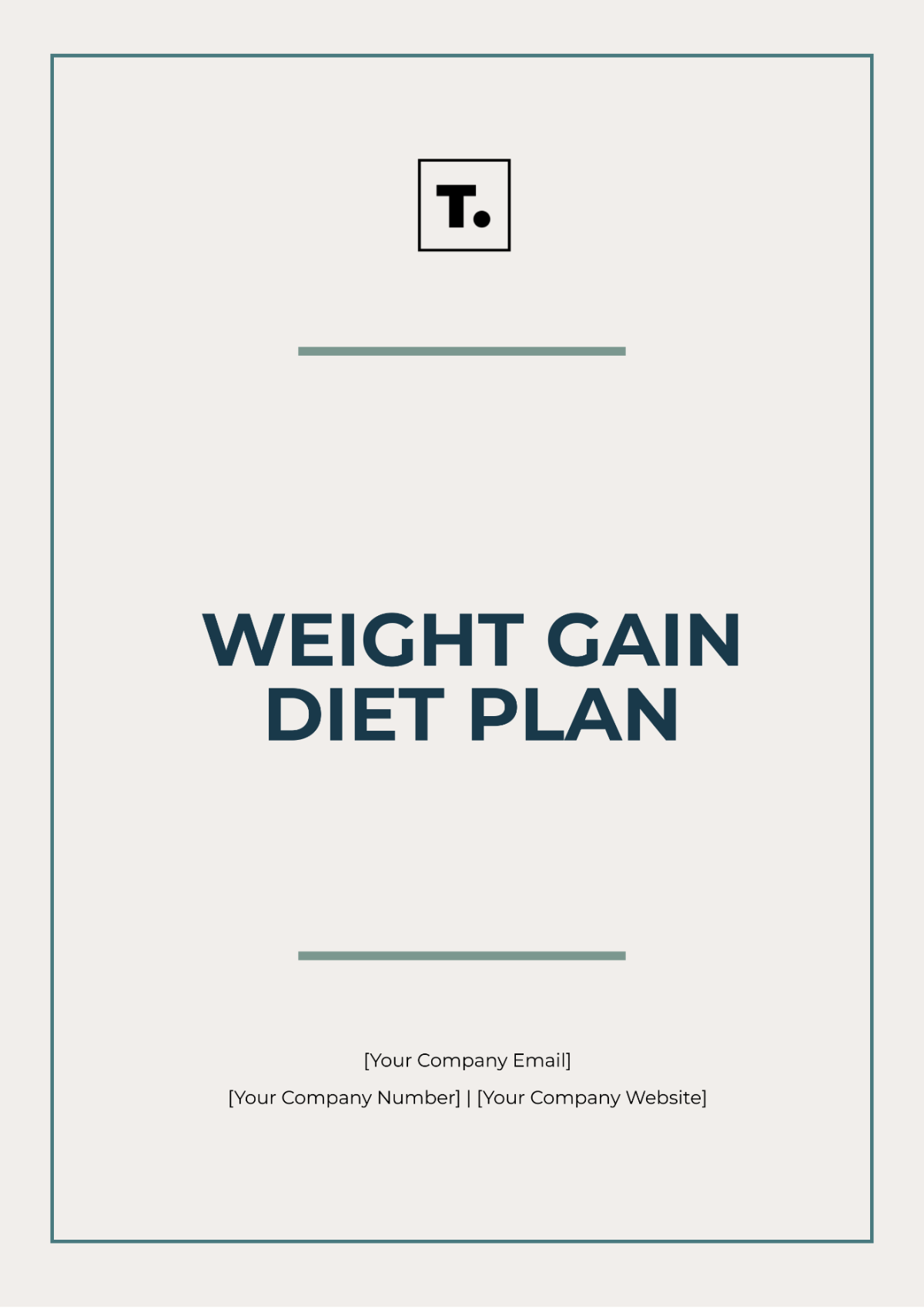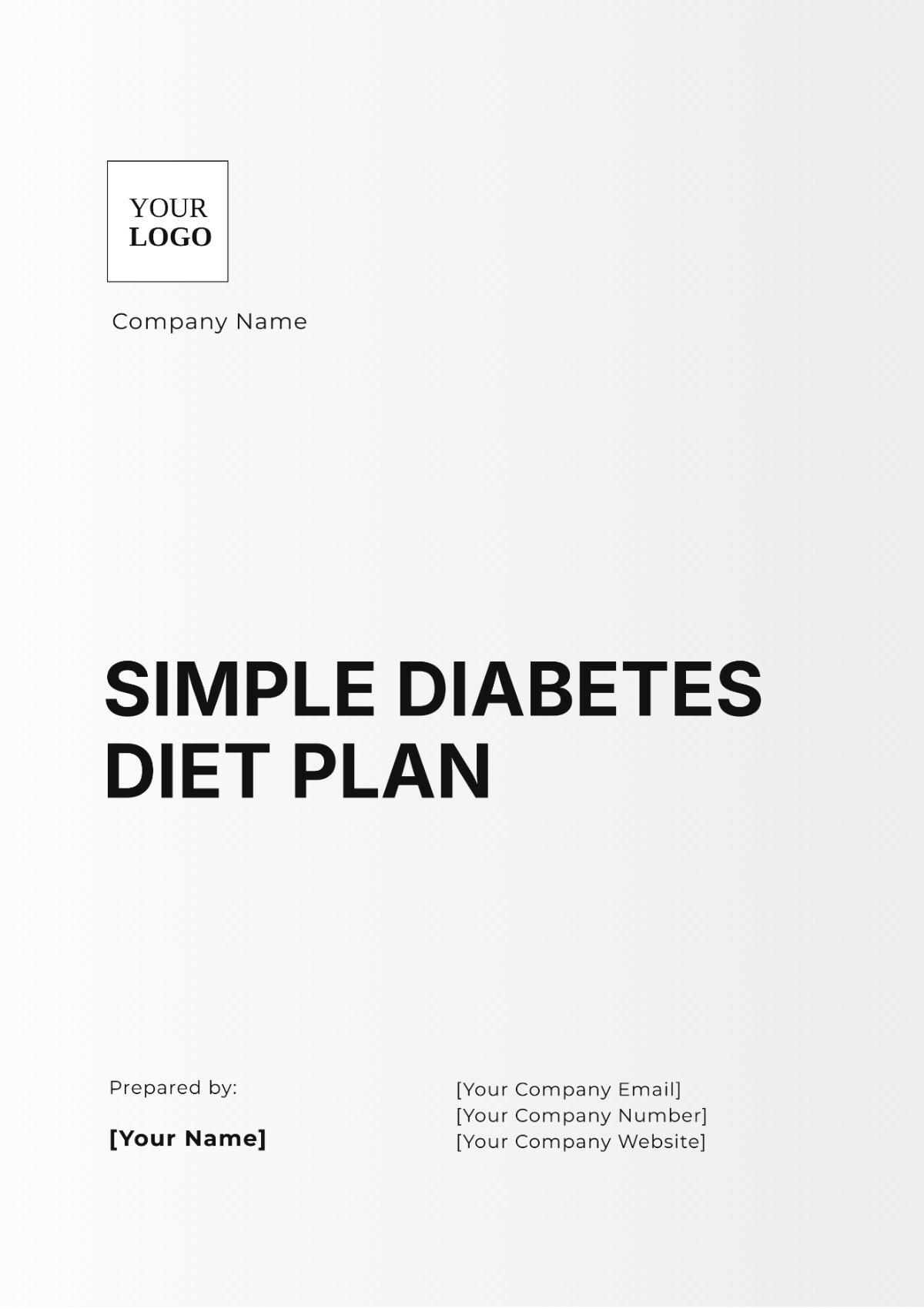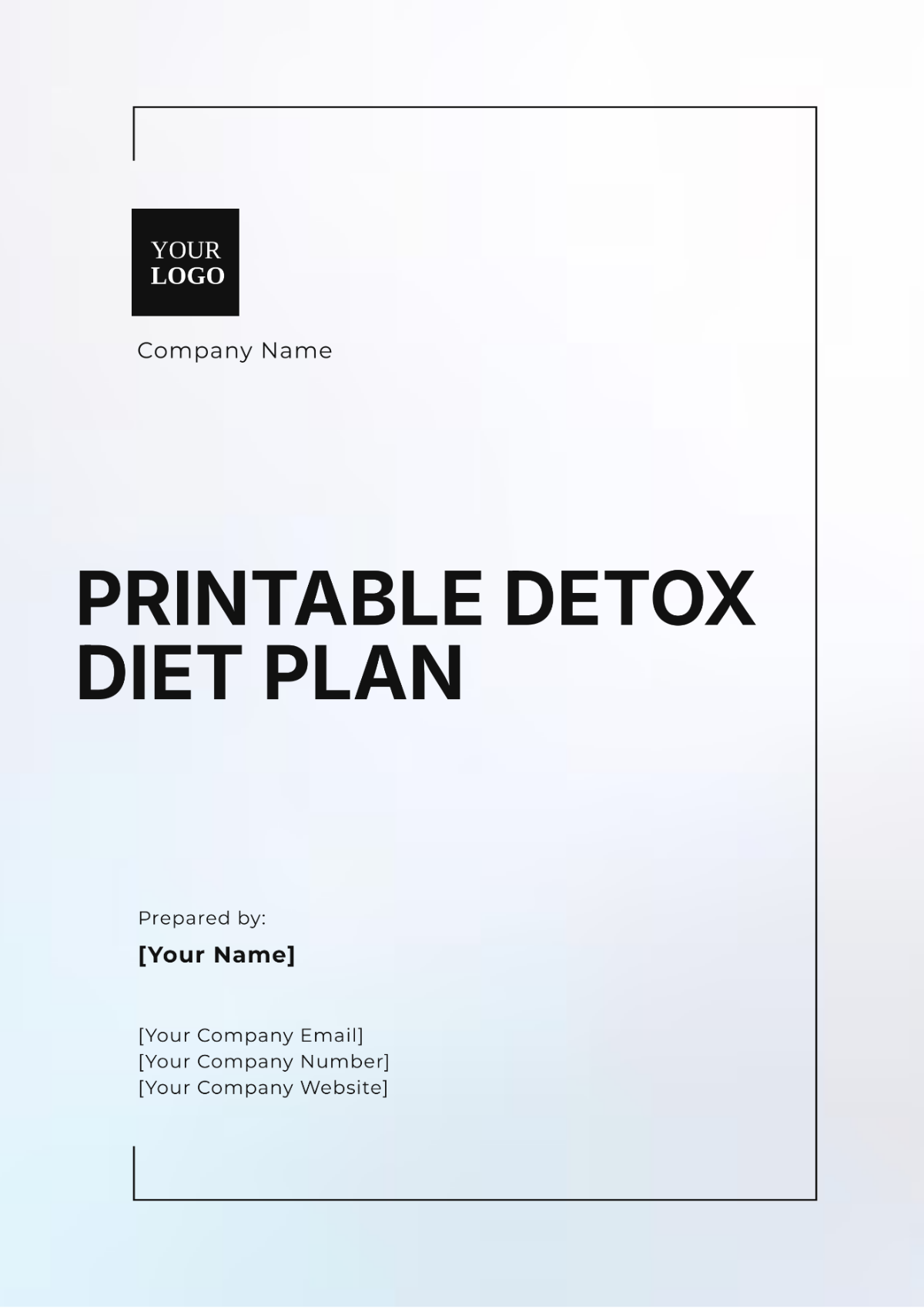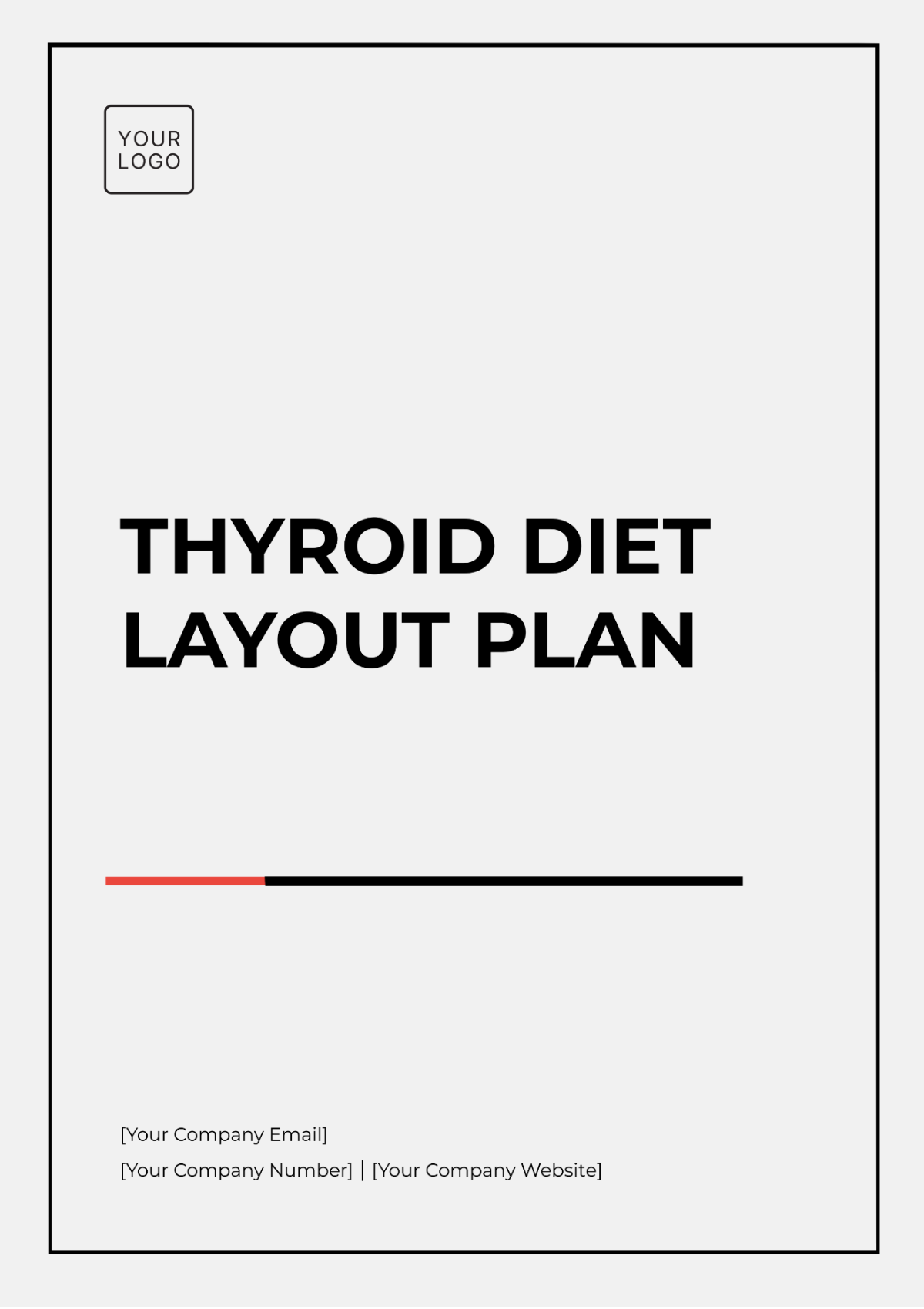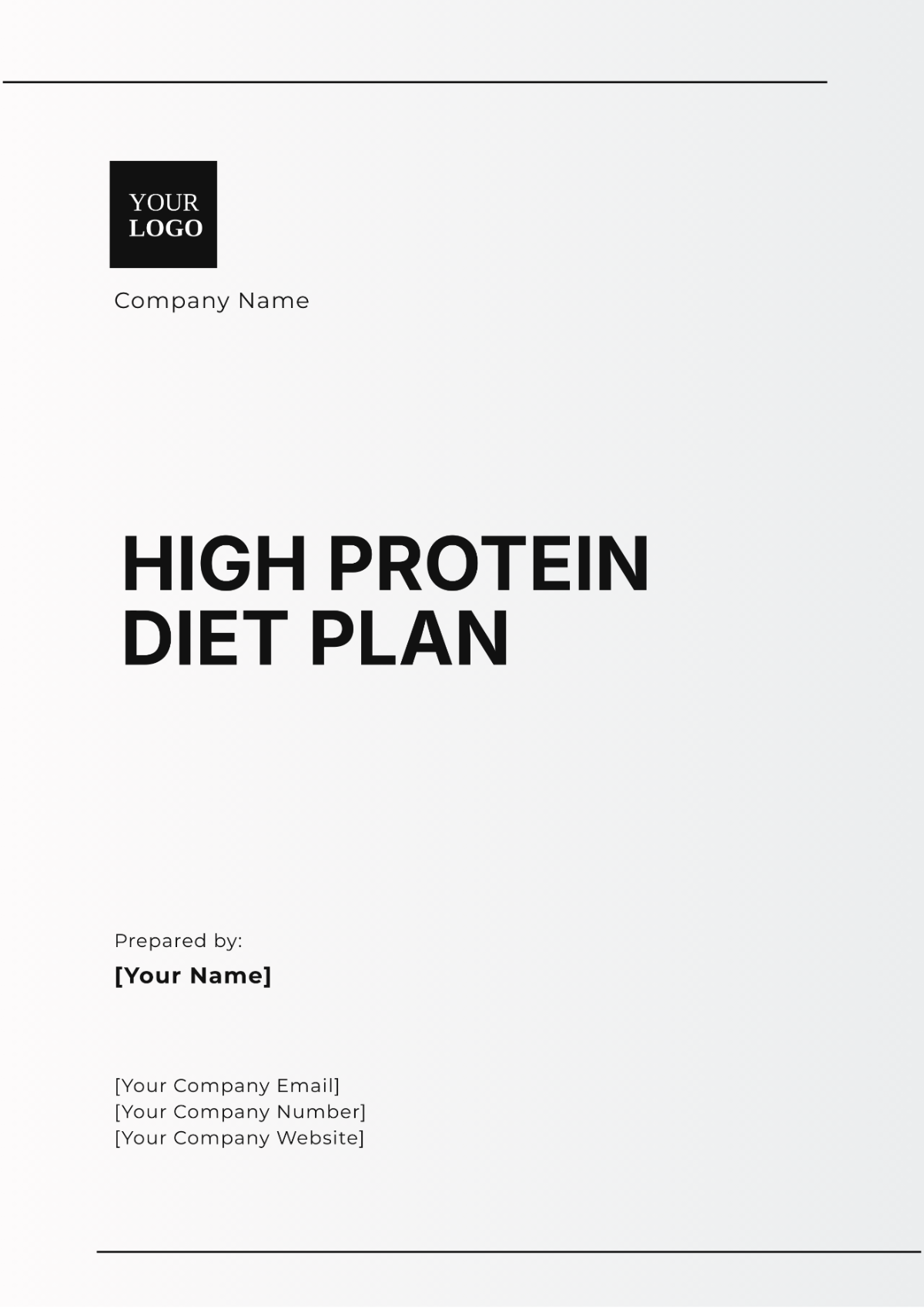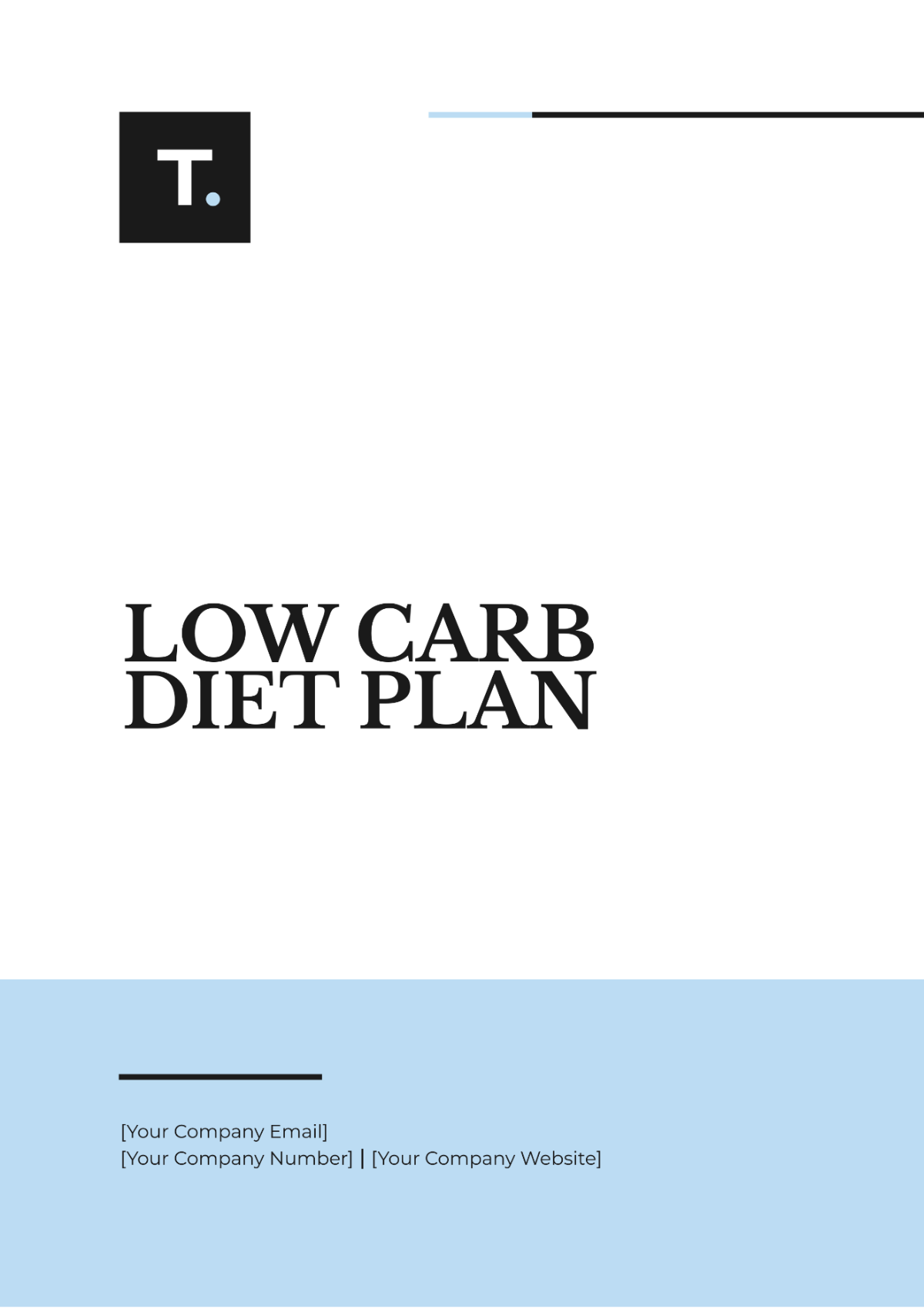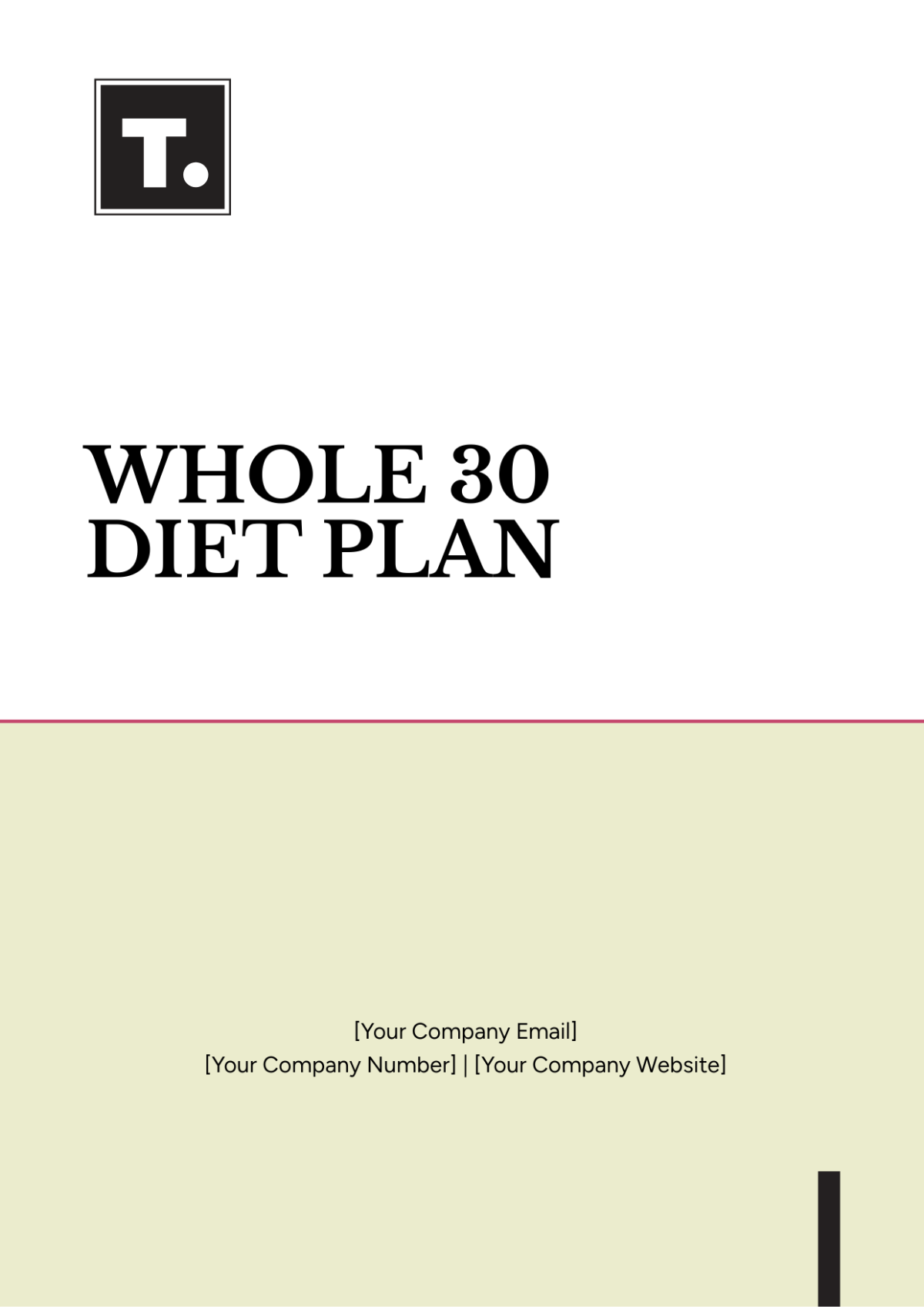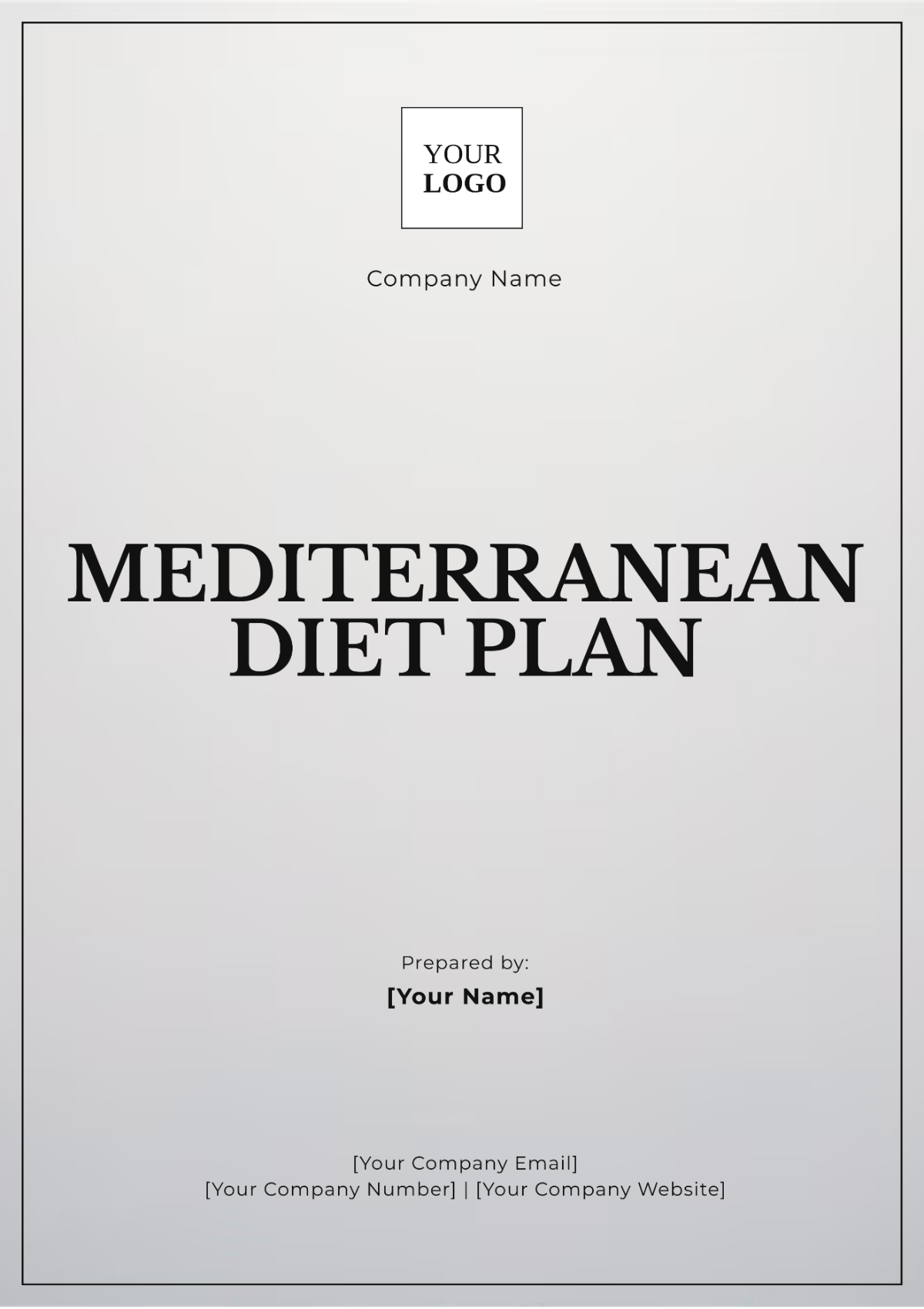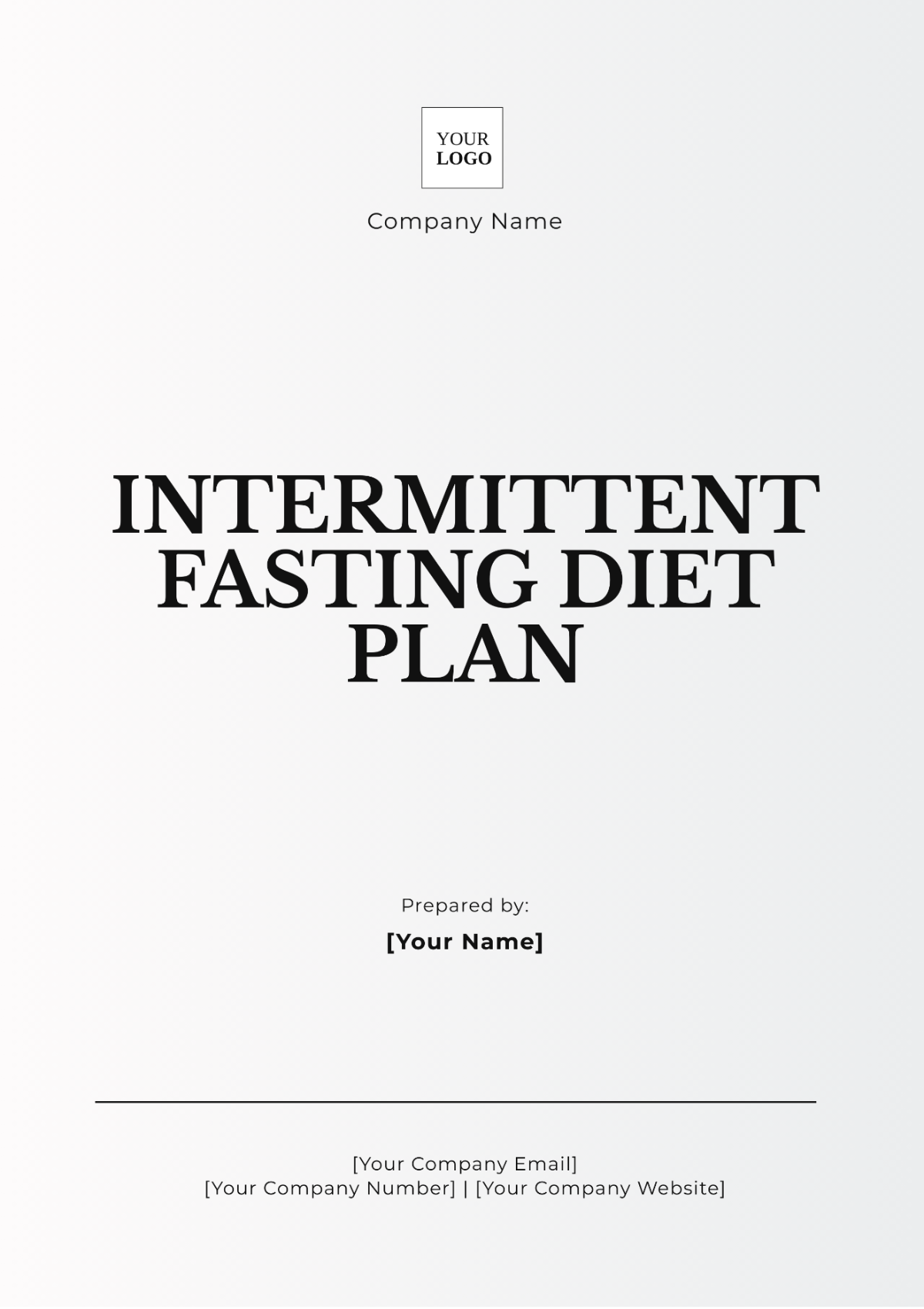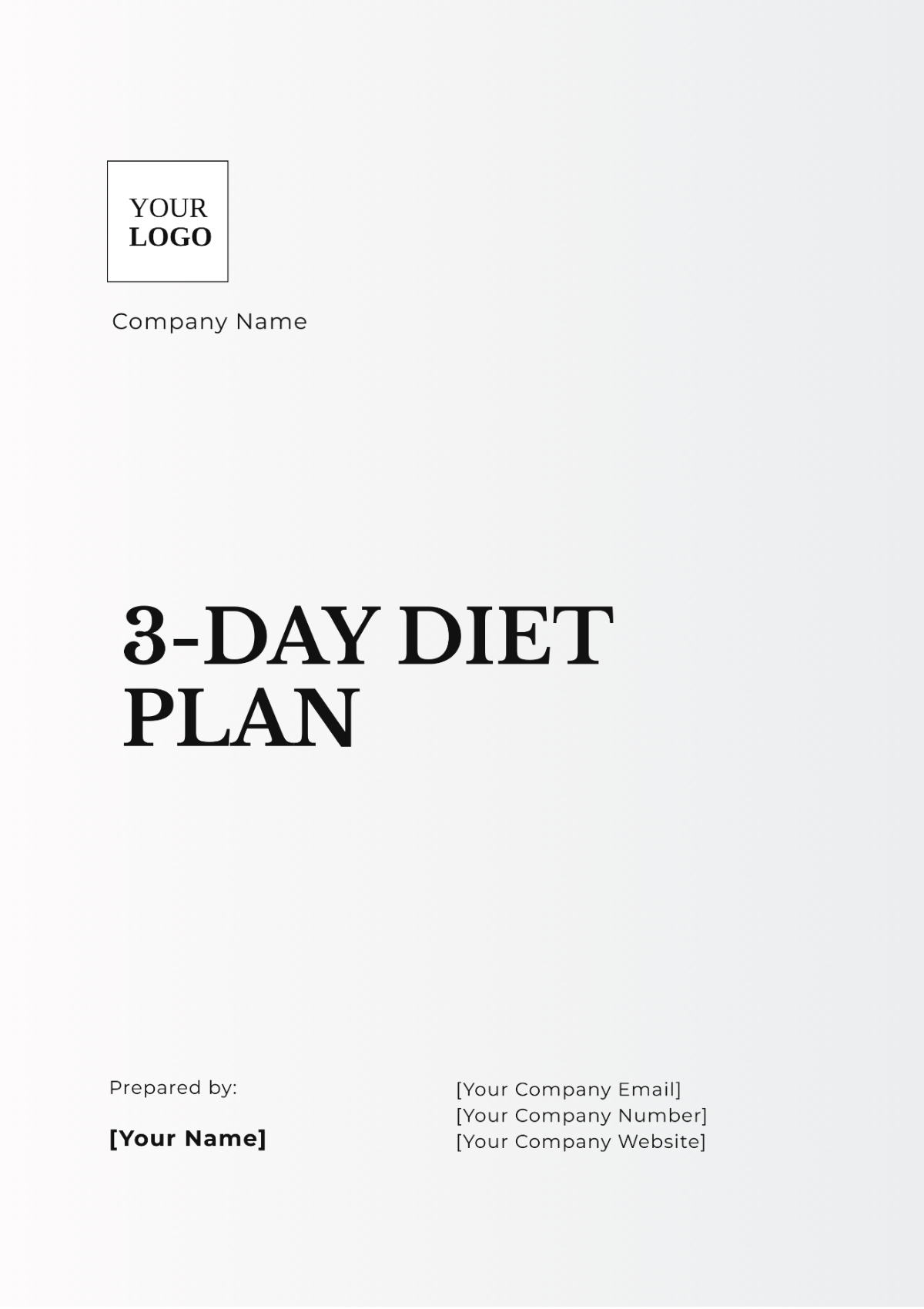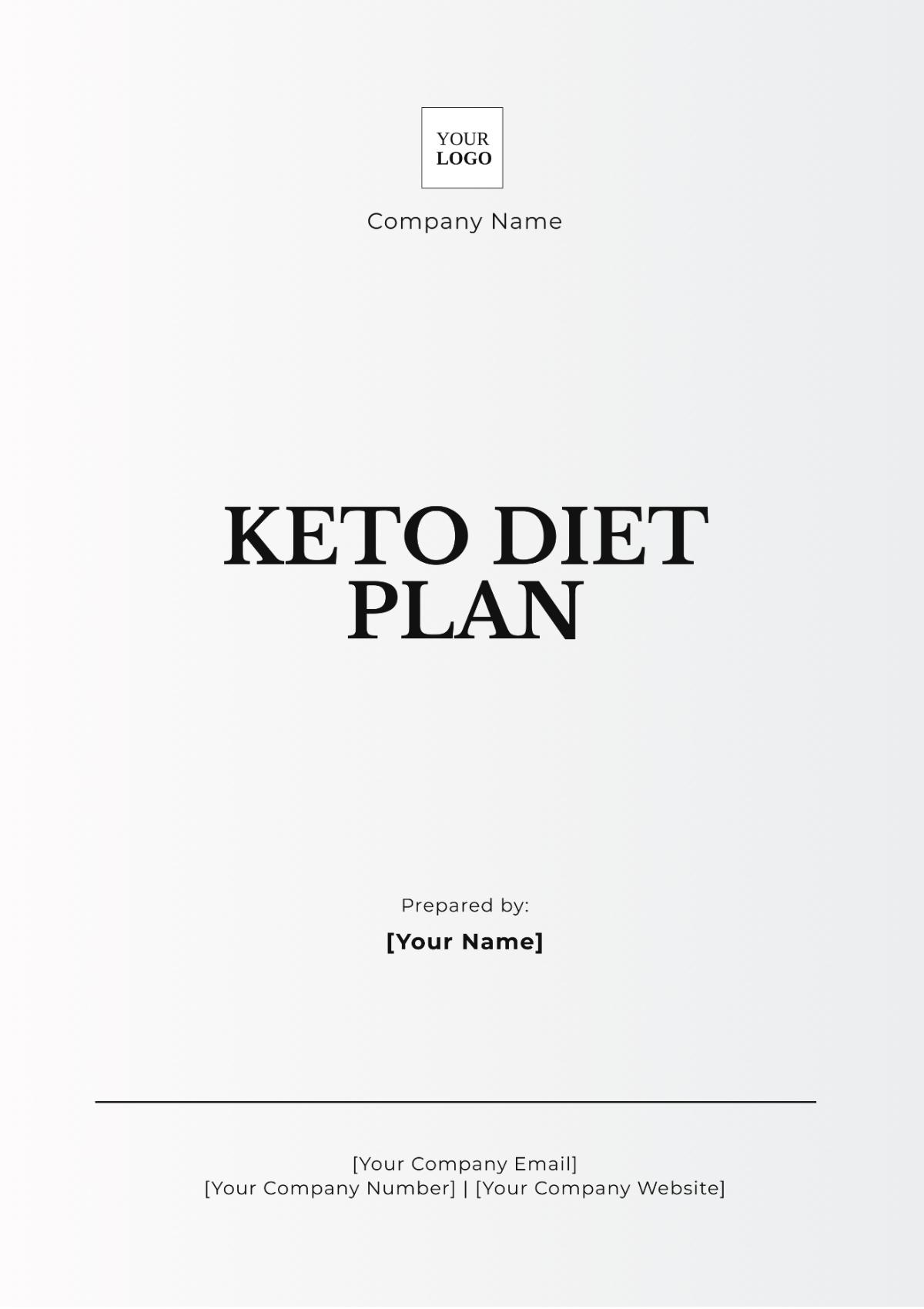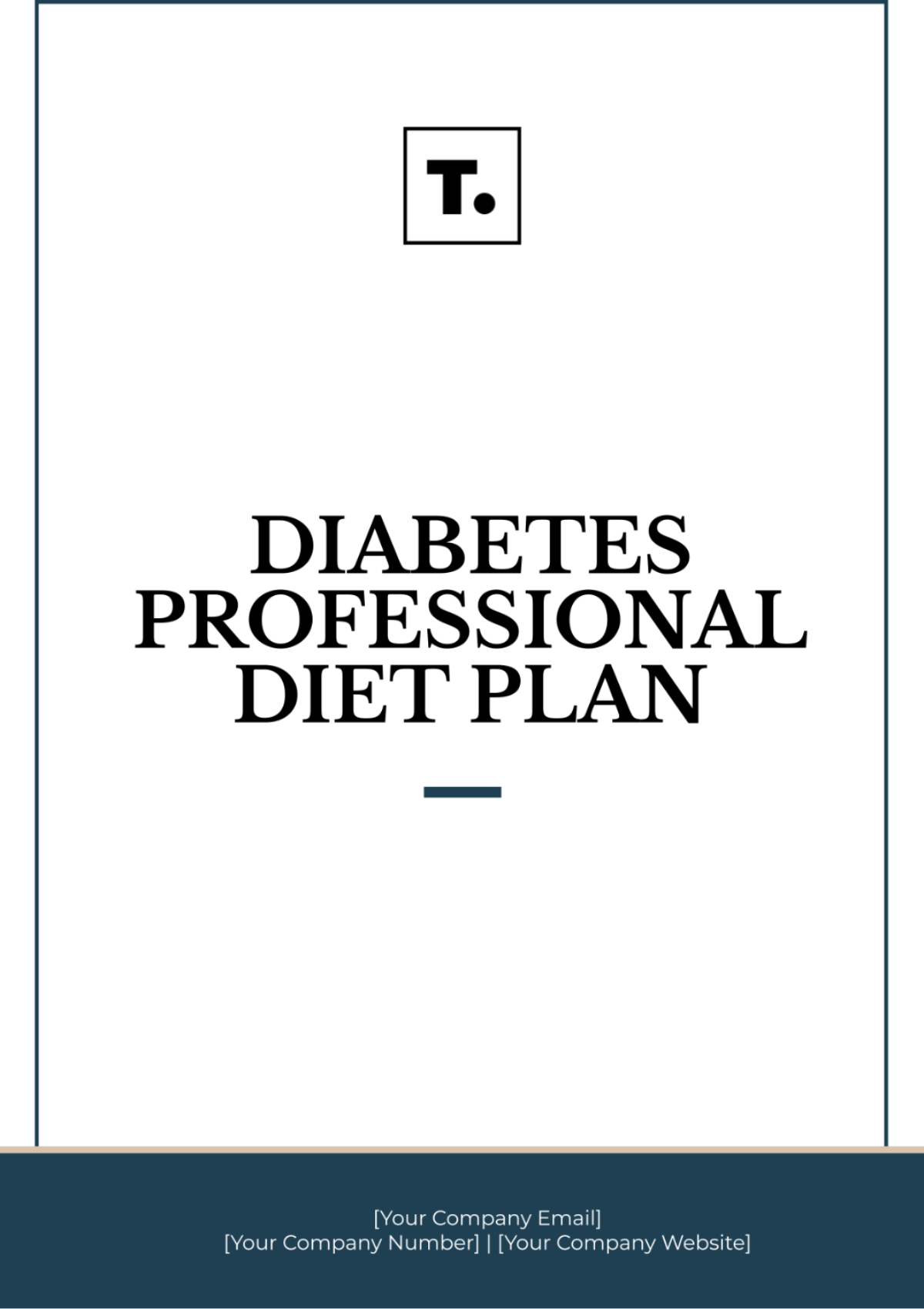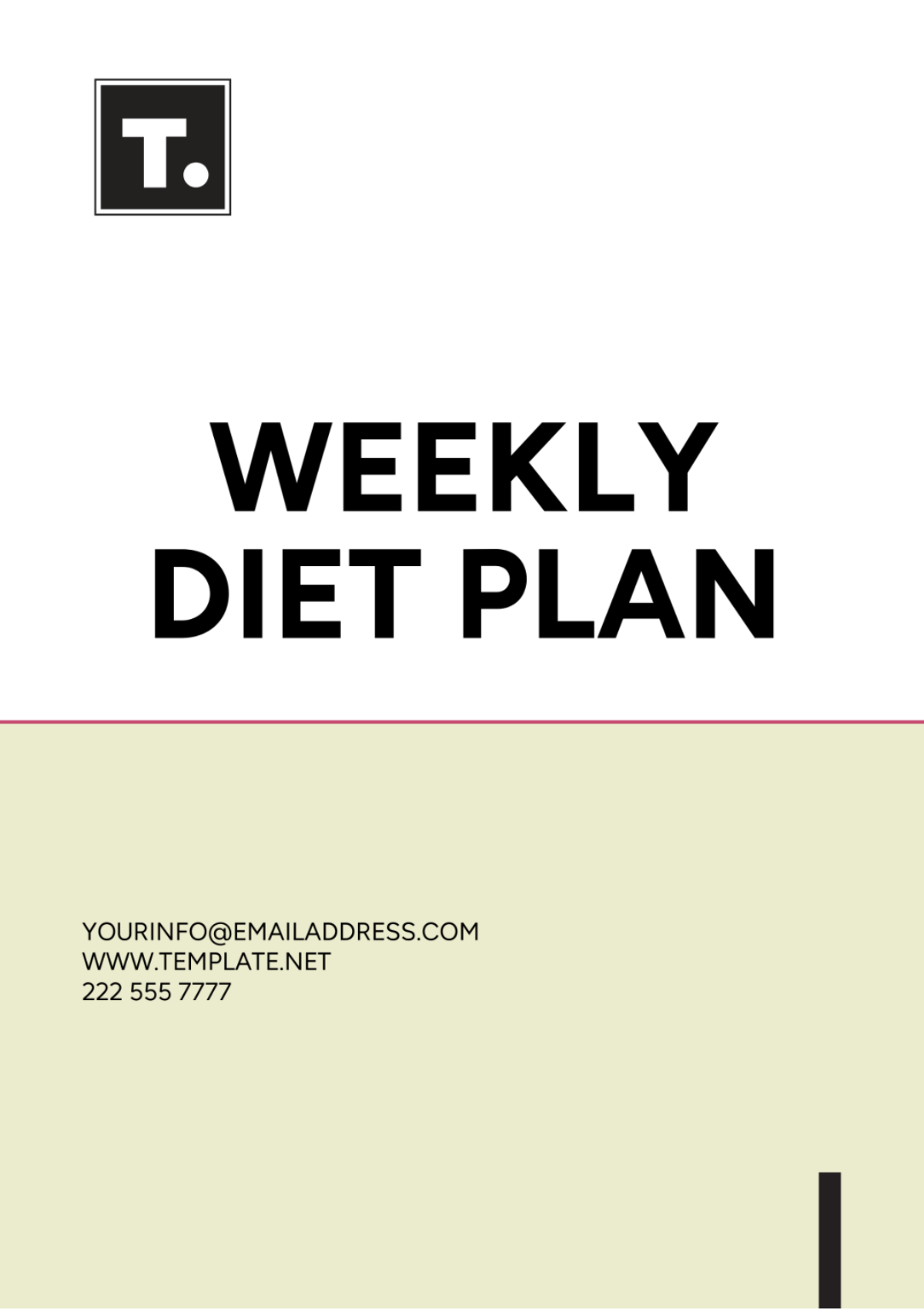Cholesterol Control Diet Plan
I. Introduction
This Cholesterol Control Diet Plan is designed to help you manage and reduce your cholesterol levels through a structured eating regimen. This plan includes a balanced intake of nutrients that promote healthy lipid profiles while avoiding foods that can contribute to high cholesterol levels.
A. Importance of Cholesterol Management
Maintaining healthy cholesterol levels is crucial for preventing heart disease and stroke. High cholesterol can lead to the buildup of plaque in arteries, which can restrict blood flow and increase the risk of cardiovascular events.
II. Dietary Guidelines
The diet consists of specific foods known to positively influence cholesterol levels and general heart health.
A. Foods to Include
Fruits and vegetables: rich in fiber, which helps reduce LDL cholesterol. Examples include apples, oranges, berries, spinach, and broccoli.
Whole Grains: such as oatmeal, whole wheat bread, and brown rice, which can lower cholesterol absorption.
Healthy Fats: Including olive oil, avocados, and nuts, which promote HDL cholesterol while reducing LDL cholesterol.
Lean proteins: such as fish, skinless poultry, and legumes like beans and lentils, which are lower in saturated fats.
B. Foods to Avoid
Saturated Fats: Found in red meat, full-fat dairy products, and certain oils like coconut oil.
Trans Fats: Present in processed foods, baked goods, and some margarines.
Cholesterol-rich foods: such as organ meats, shellfish, and egg yolks.
Refined sugars and carbohydrates: found in white bread, pastries, and sugary beverages.
III. Meal Plan
A sample daily meal plan incorporates the above guidelines. Adjust portions based on individual calorie needs.
A. Breakfast
Breakfast with sliced bananas and a handful of almonds
Green smoothie with spinach, kale, and apple
B. Lunch
Grilled chicken salad with mixed greens, cherry tomatoes, and a vinaigrette dressing
Quinoa and black bean bowl with avocado slices
C. Dinner
Baked salmon with steamed broccoli and brown rice
Stir-fried tofu with mixed vegetables and a side of whole grain pasta
D. Snacks
Apple slices with almond butter
Baby carrots with hummus
IV. Tips for Success
Consistency and mindful eating are key to managing cholesterol levels effectively.
A. Meal Preparation
Prepare meals in advance to avoid the temptation of unhealthy options.
Use herbs and spices to enhance flavor without adding unhealthy fats or salts.
B. Regular Exercise
Incorporate at least 30 minutes of moderate exercise most days of the week.
Activities such as walking, swimming, and cycling can improve cardiovascular health.
V. Conclusion
By following the guidelines and meal plans outlined above, you will be better equipped to manage your cholesterol levels effectively. Always consult with a healthcare provider before making any significant dietary changes.

